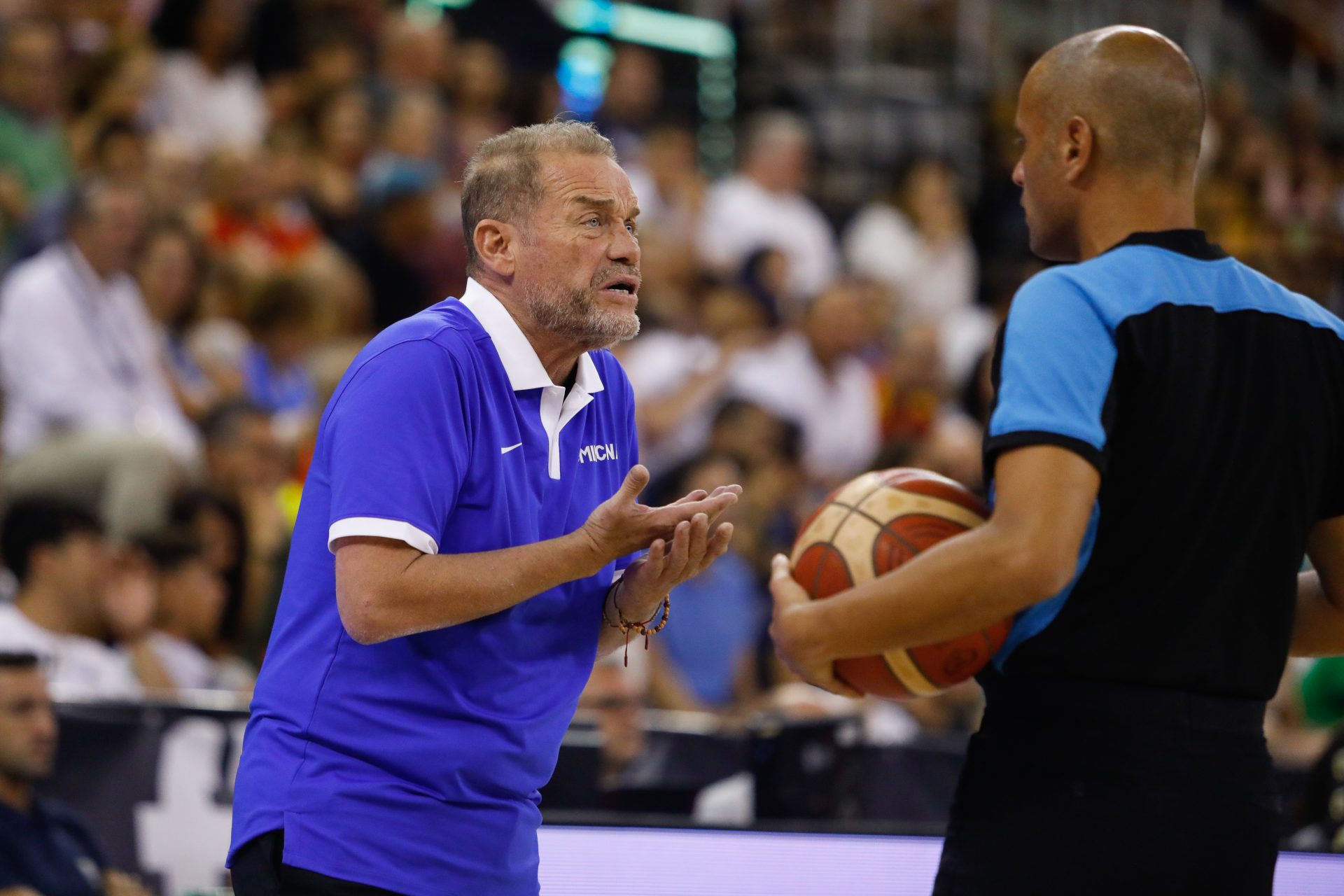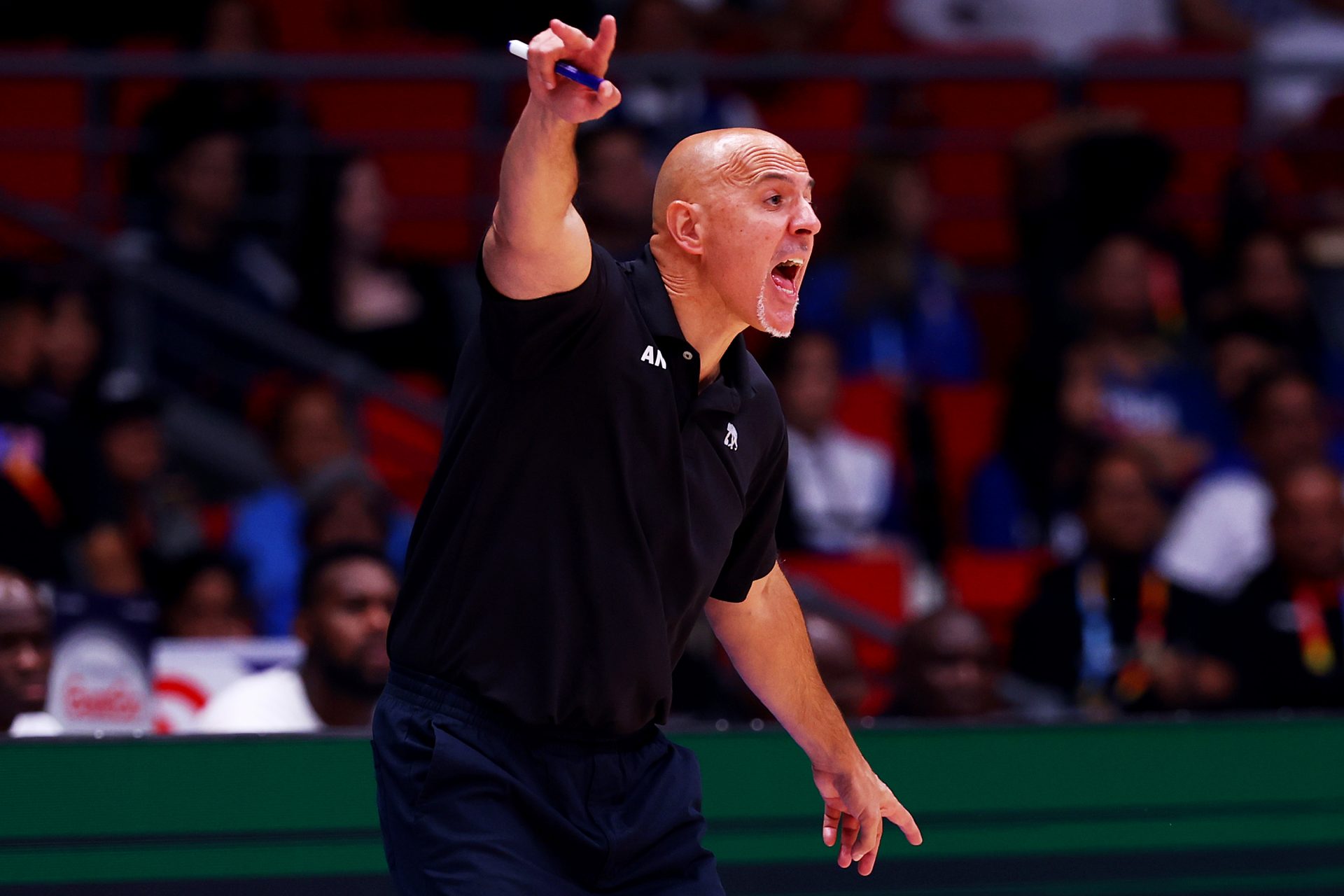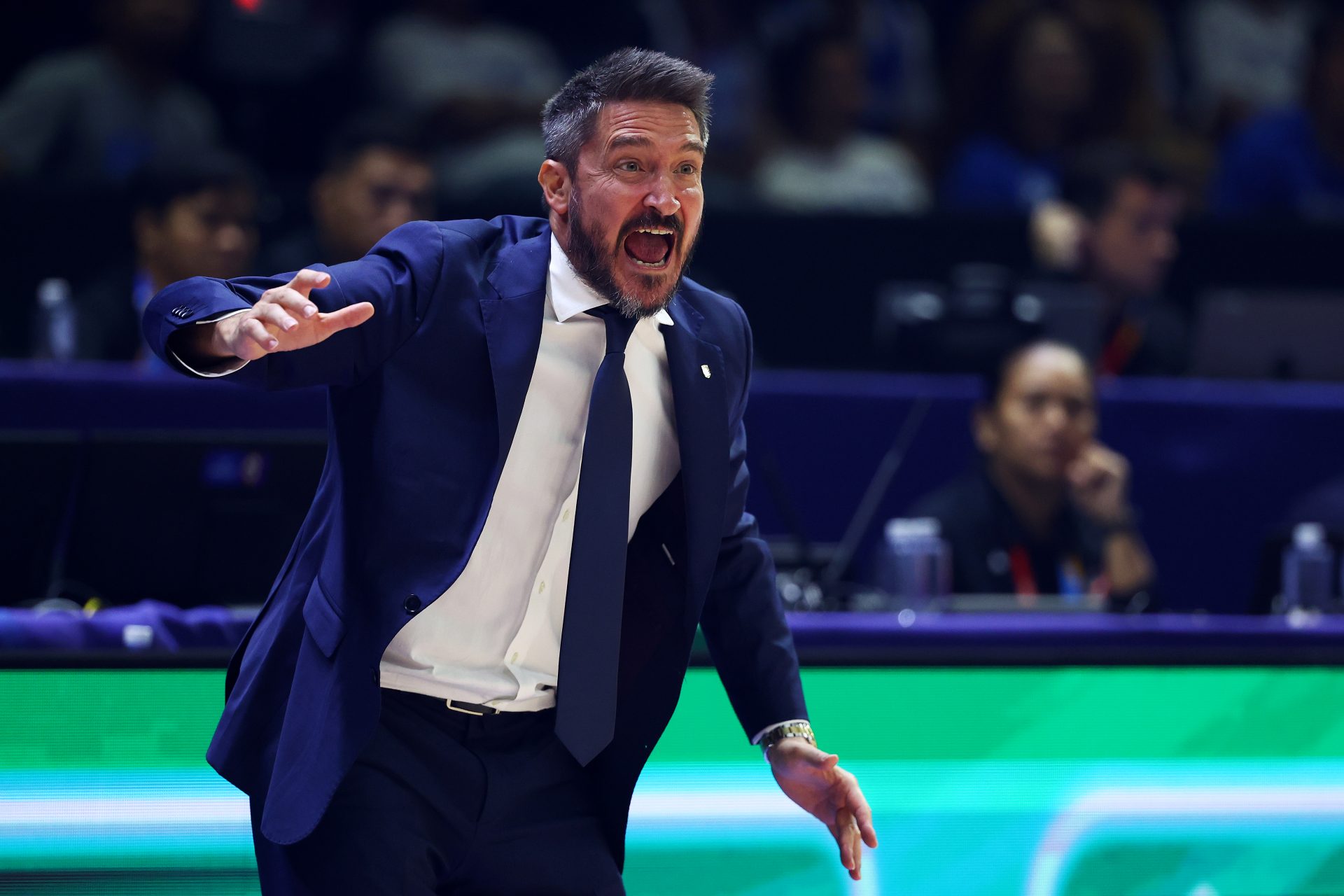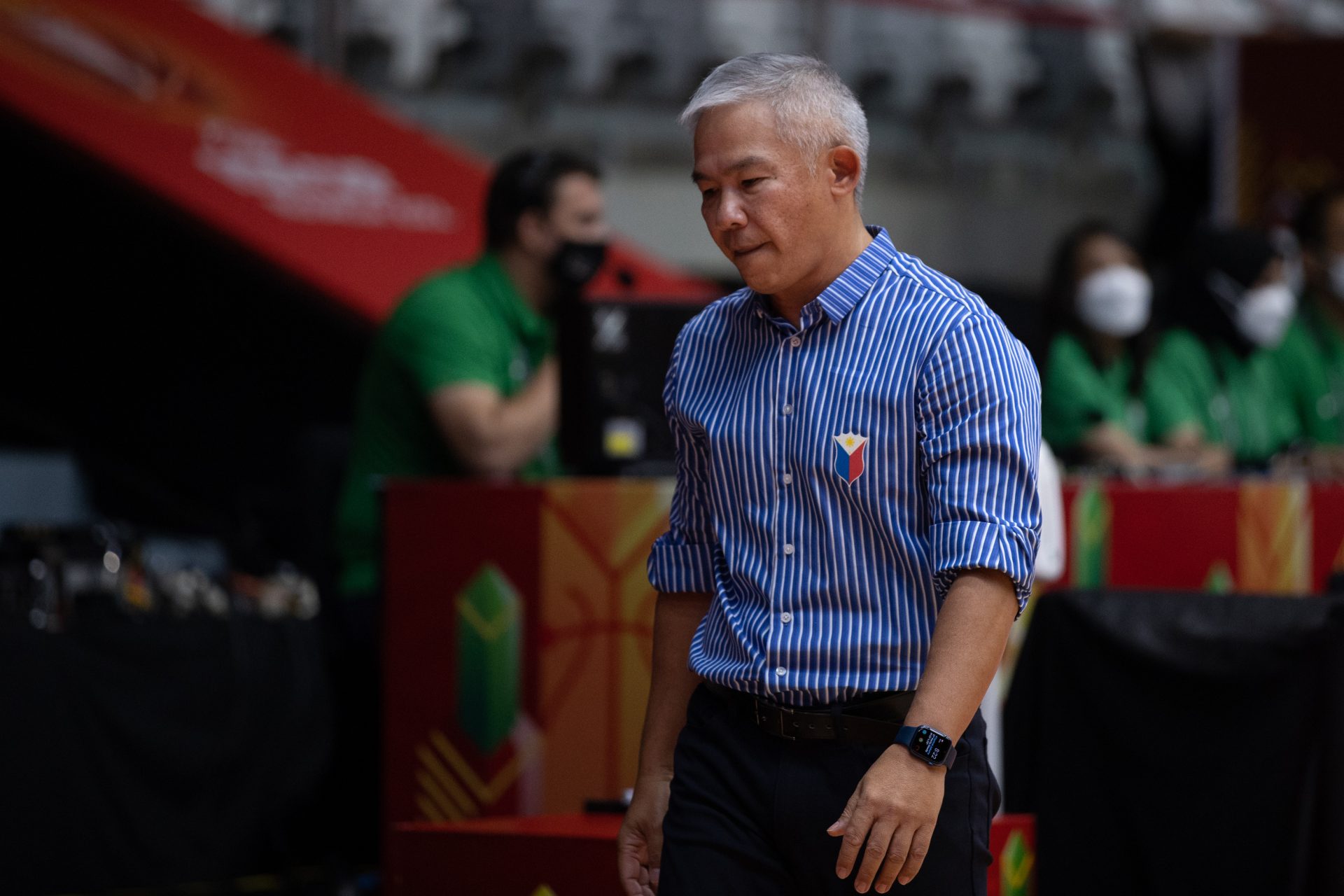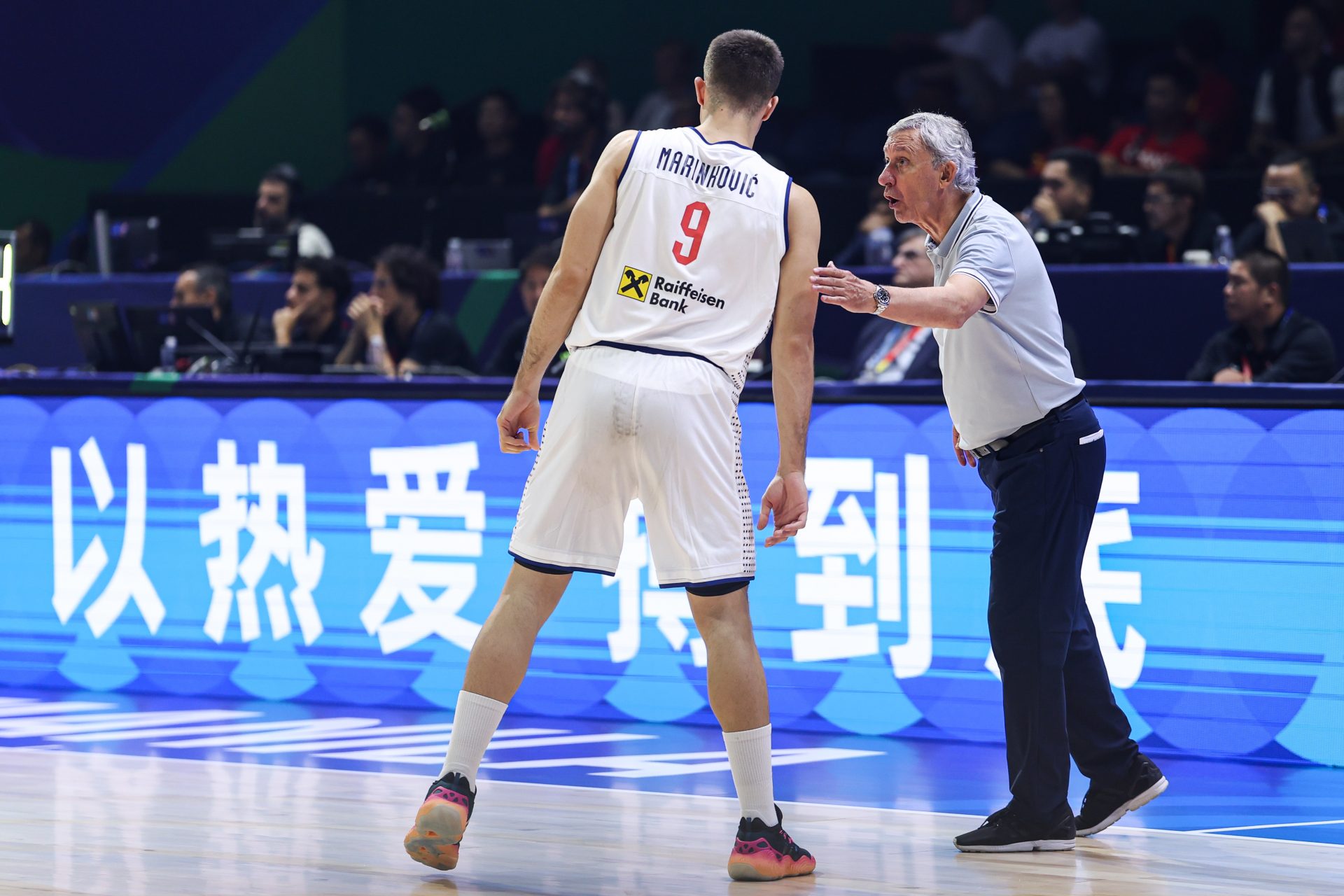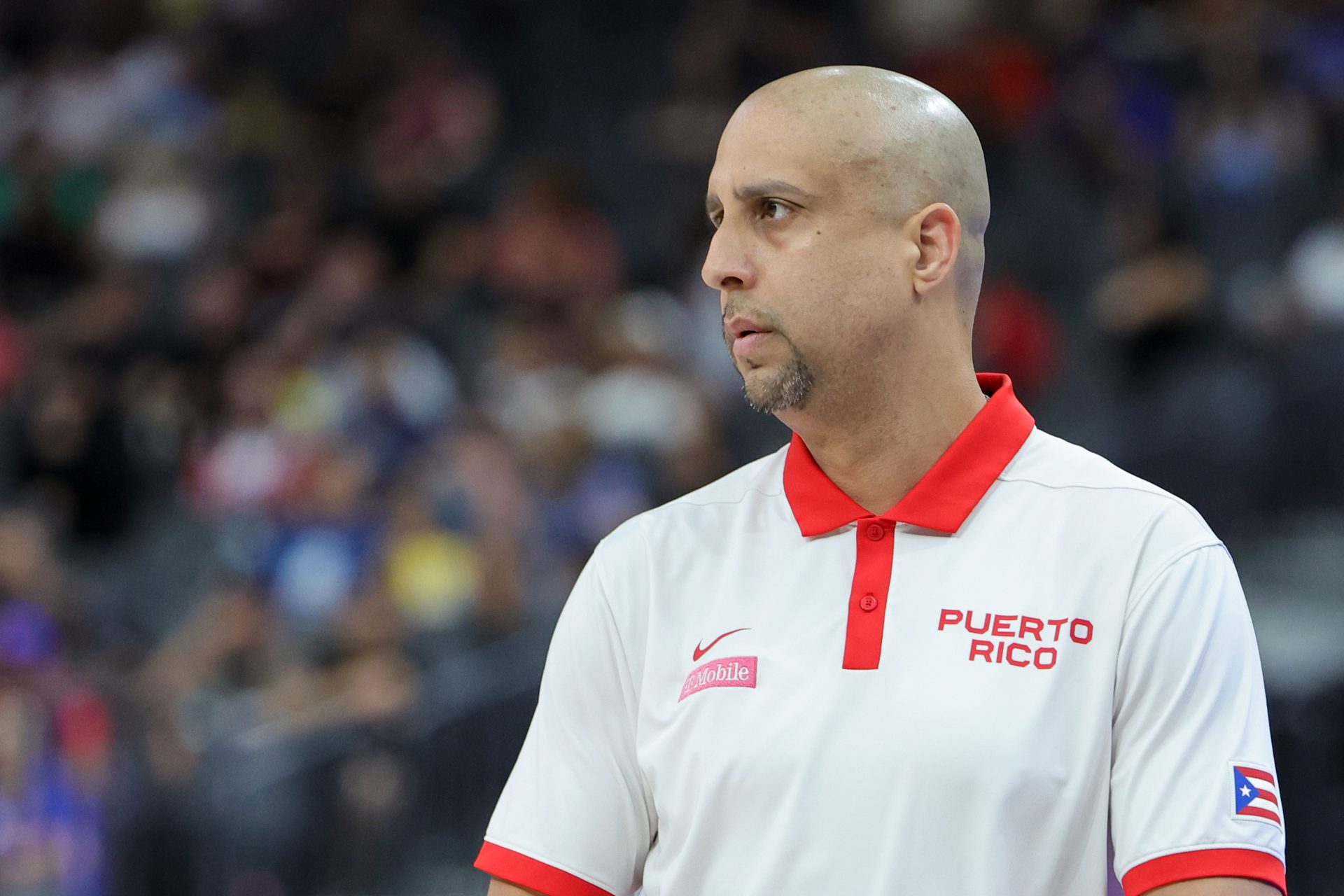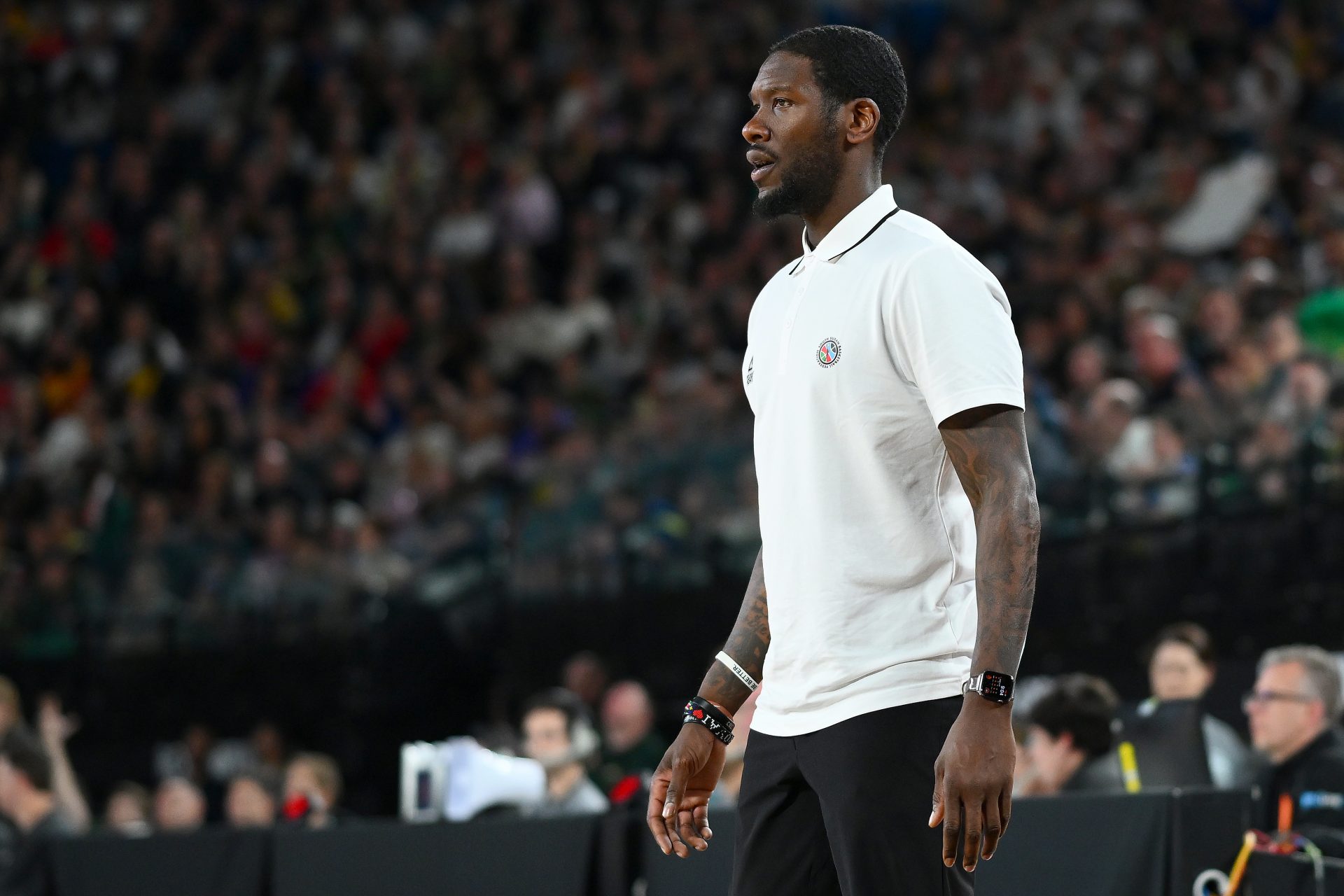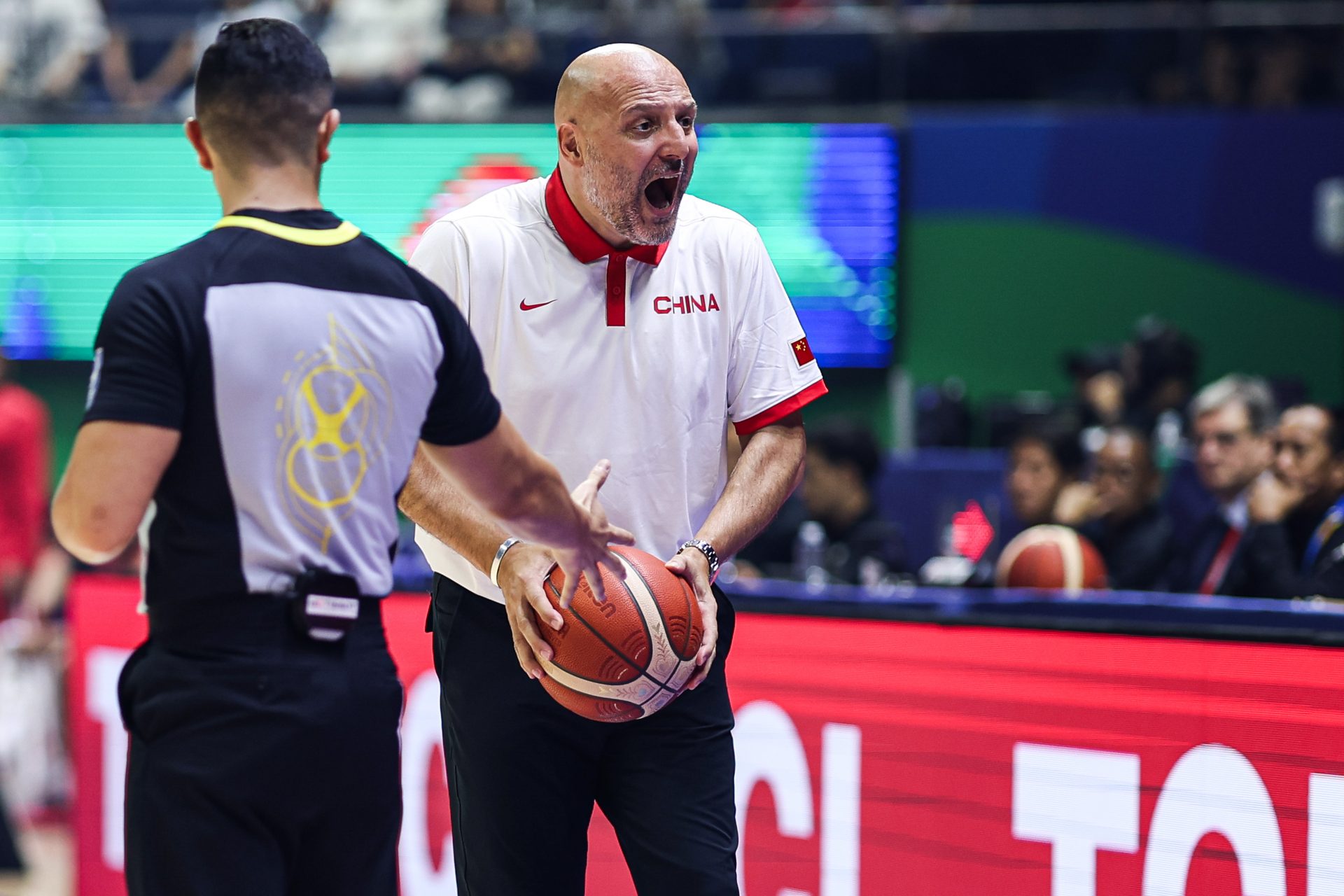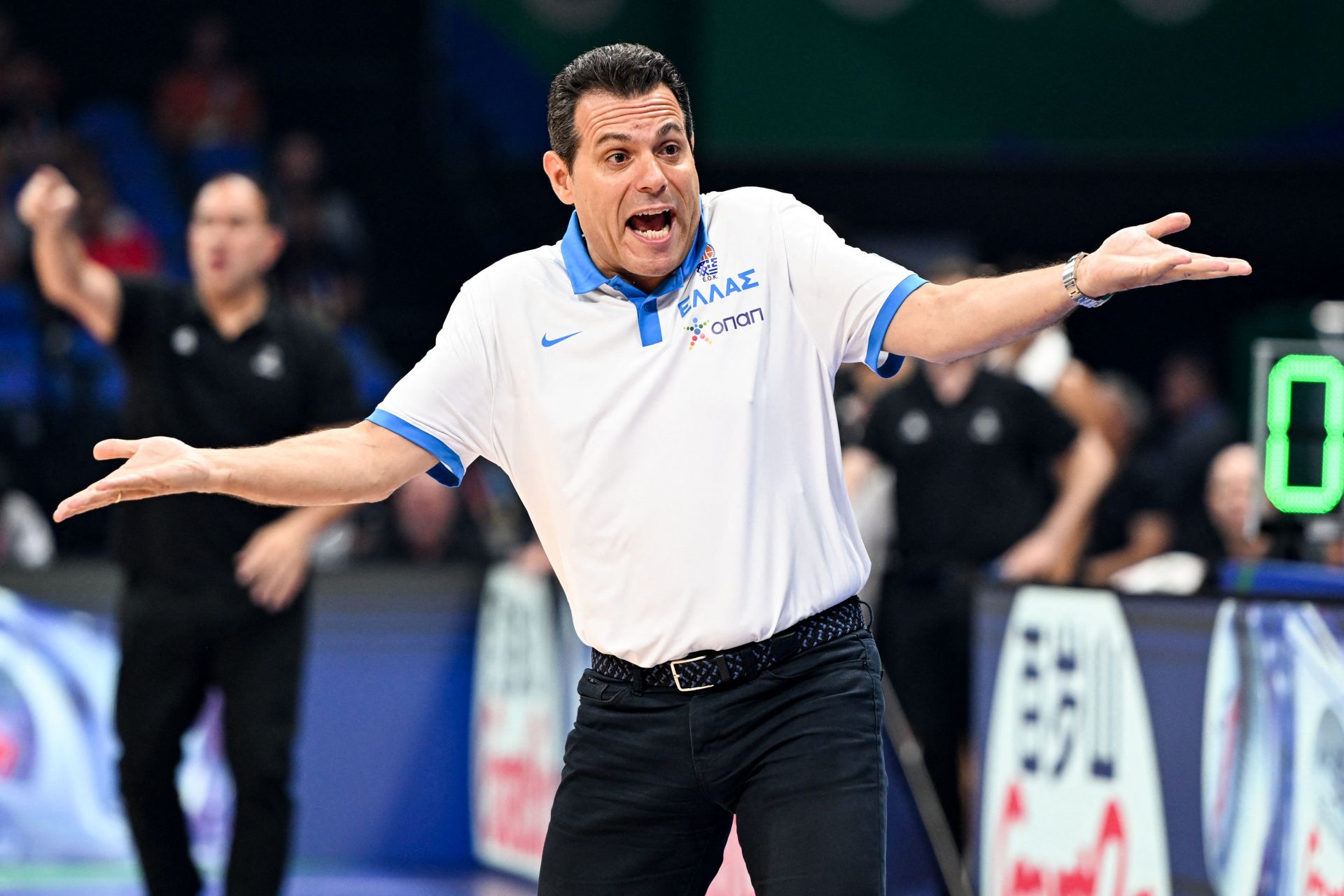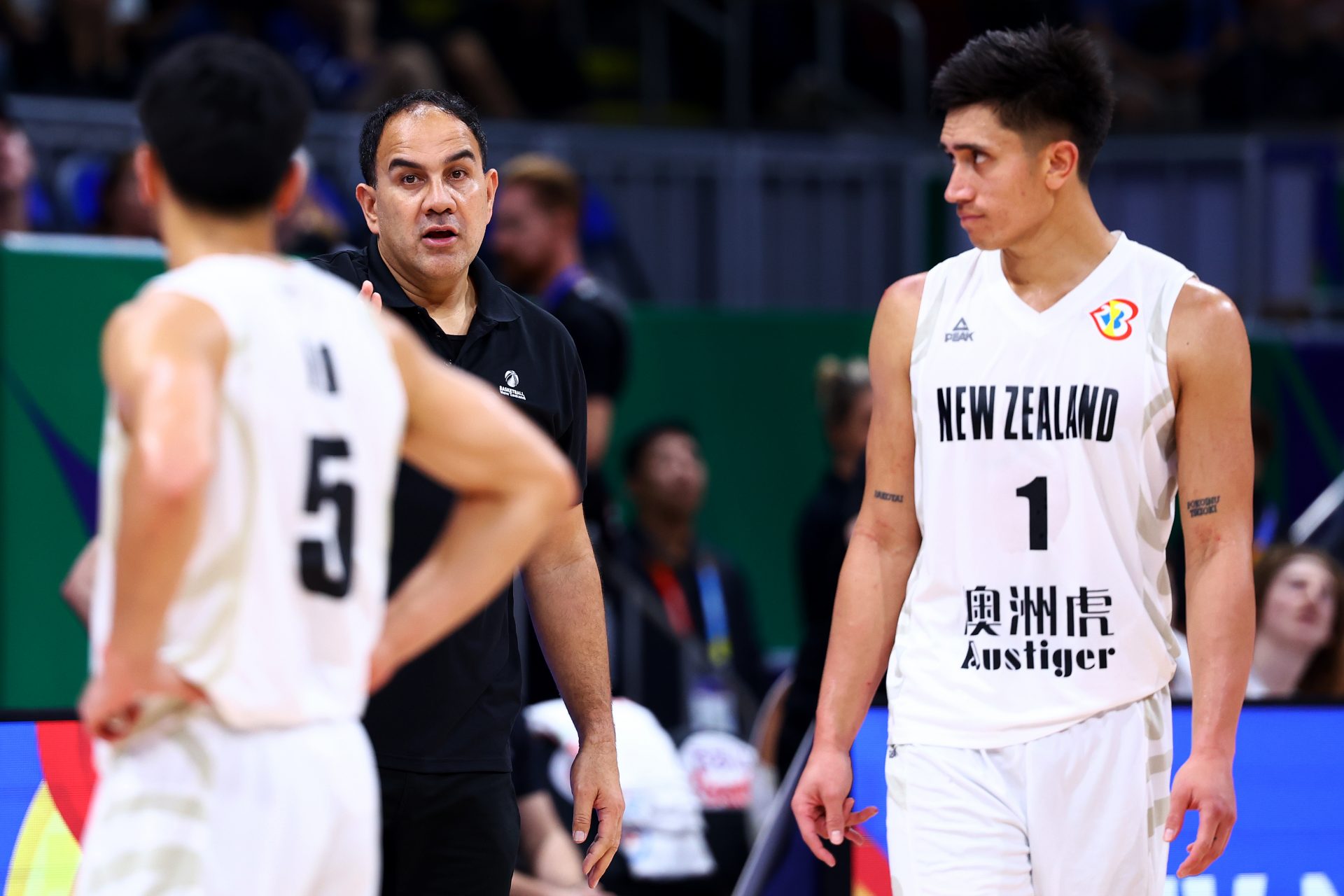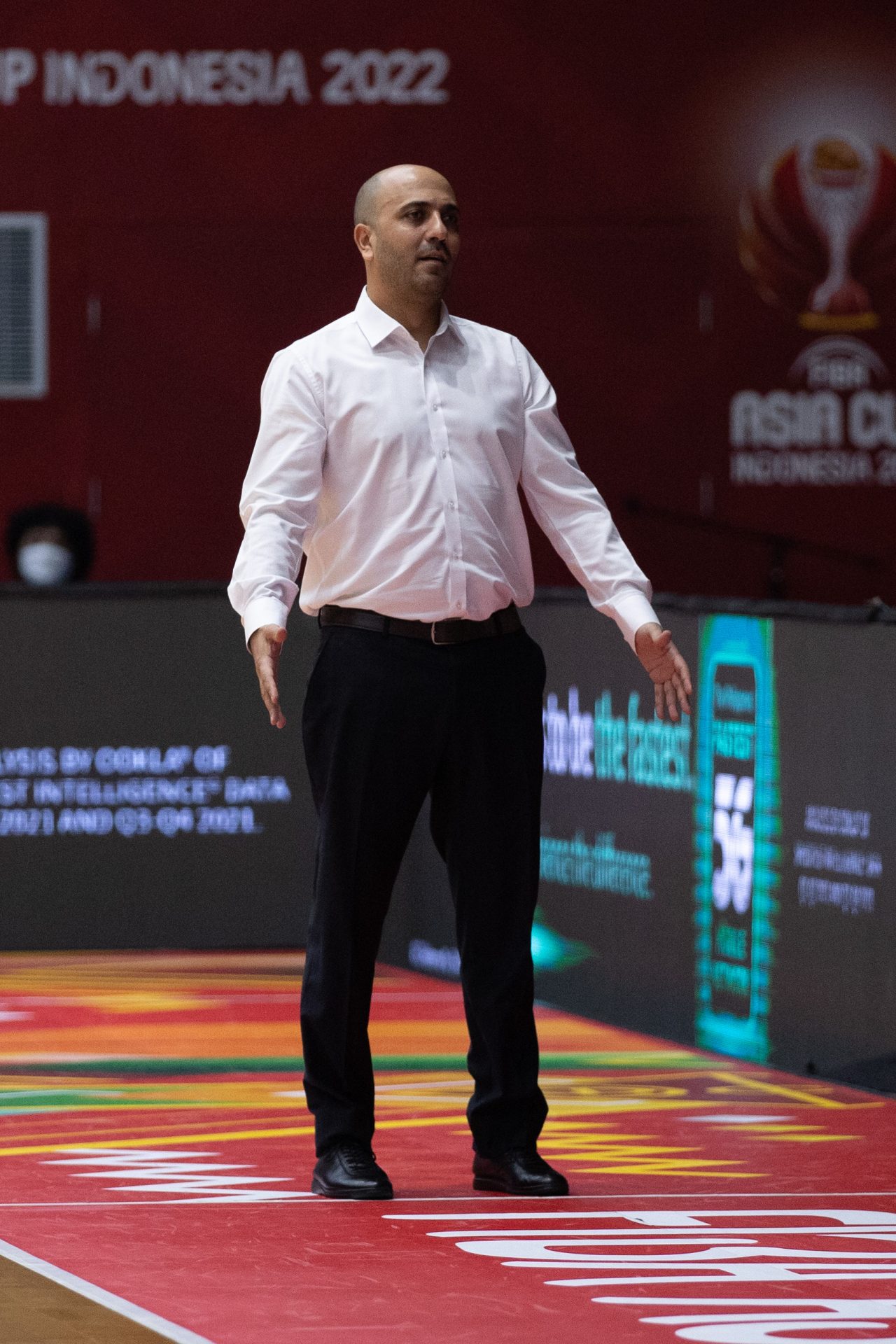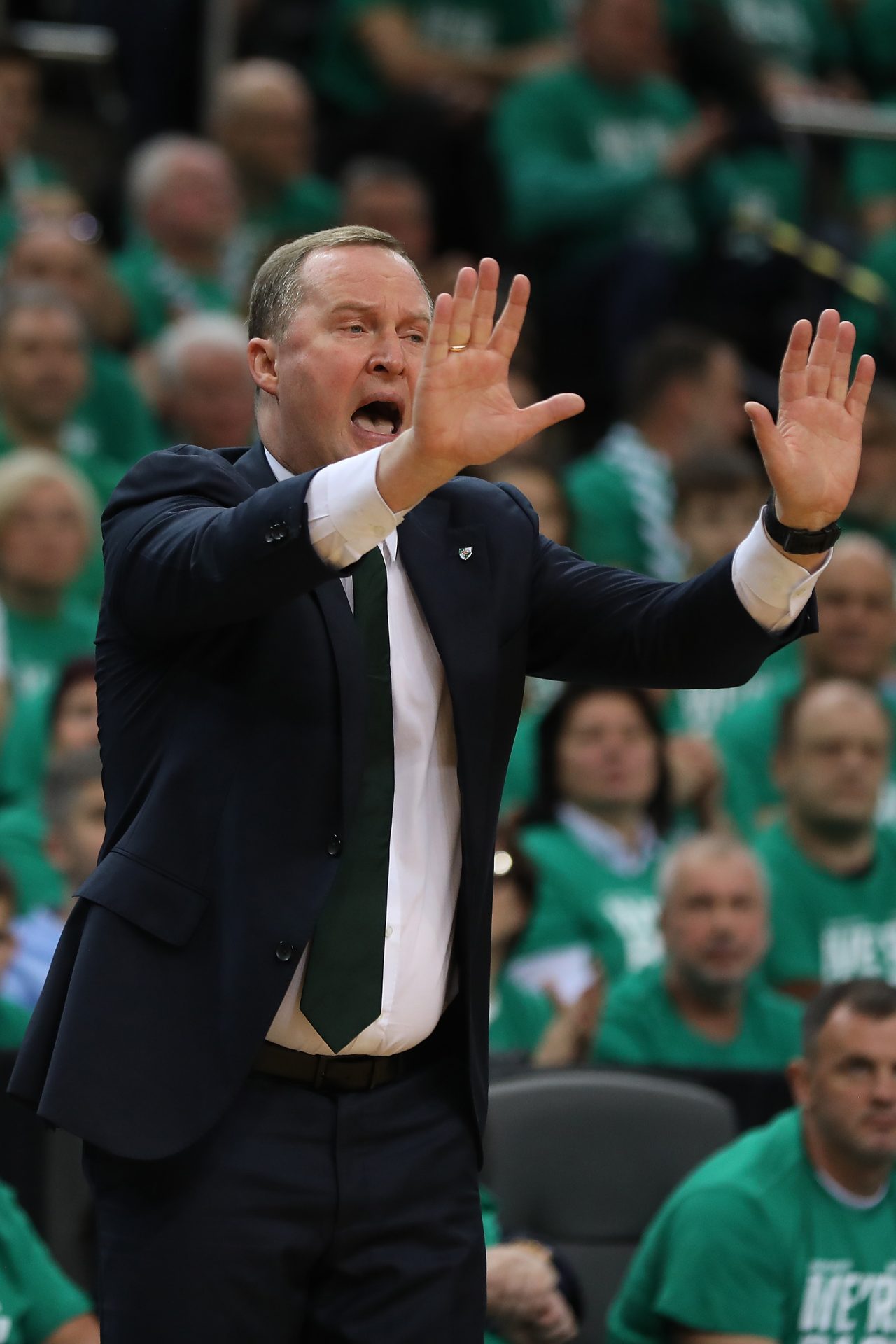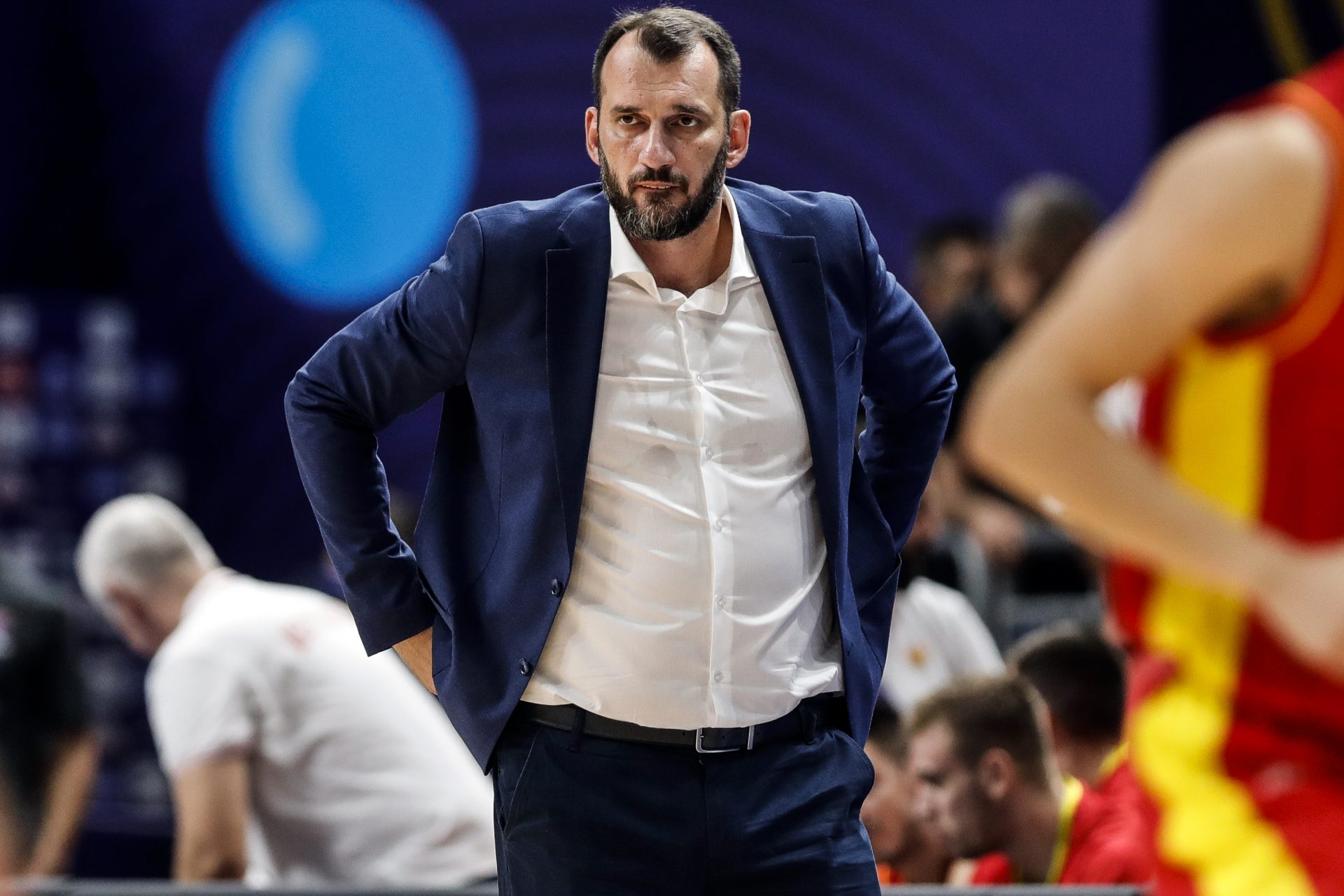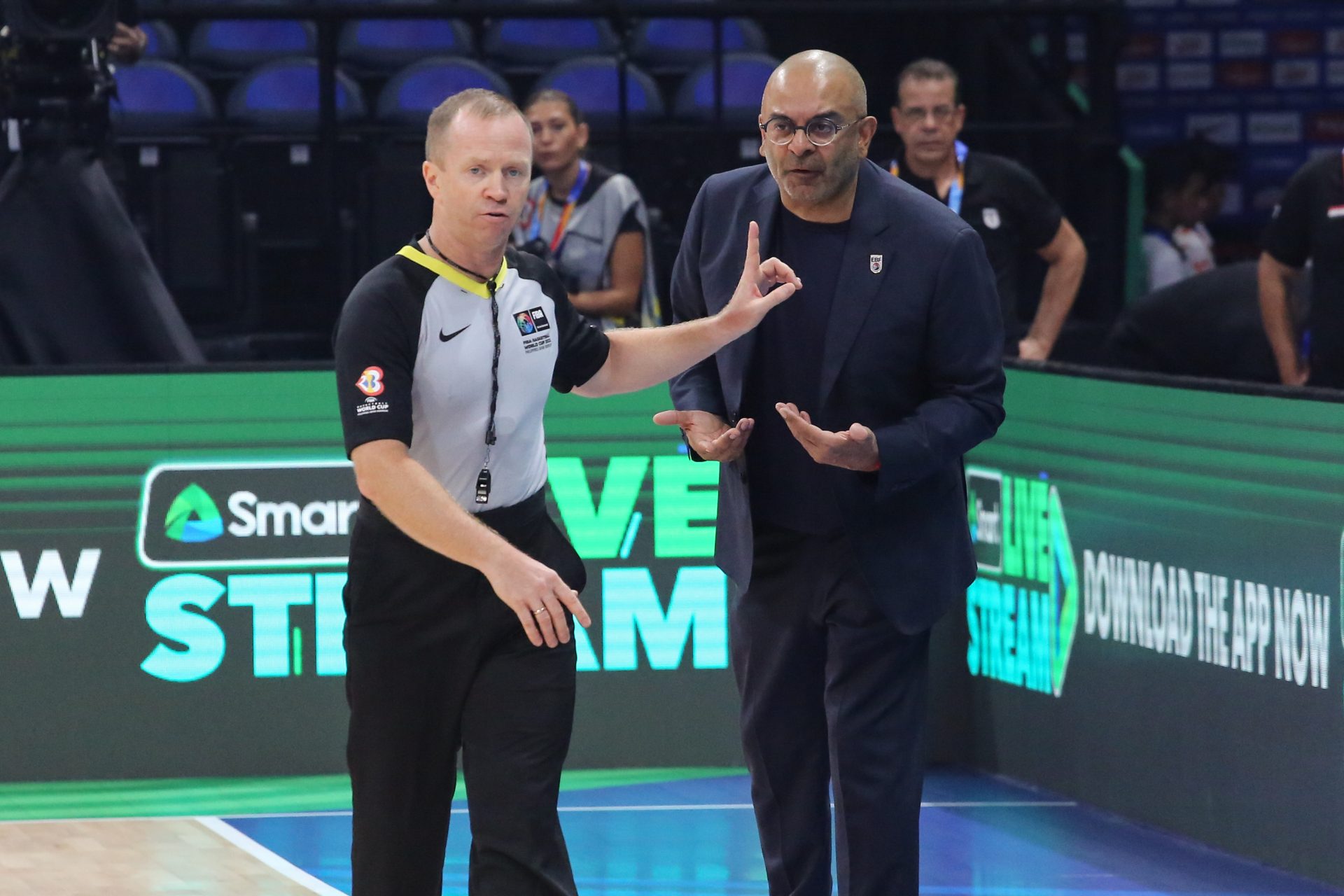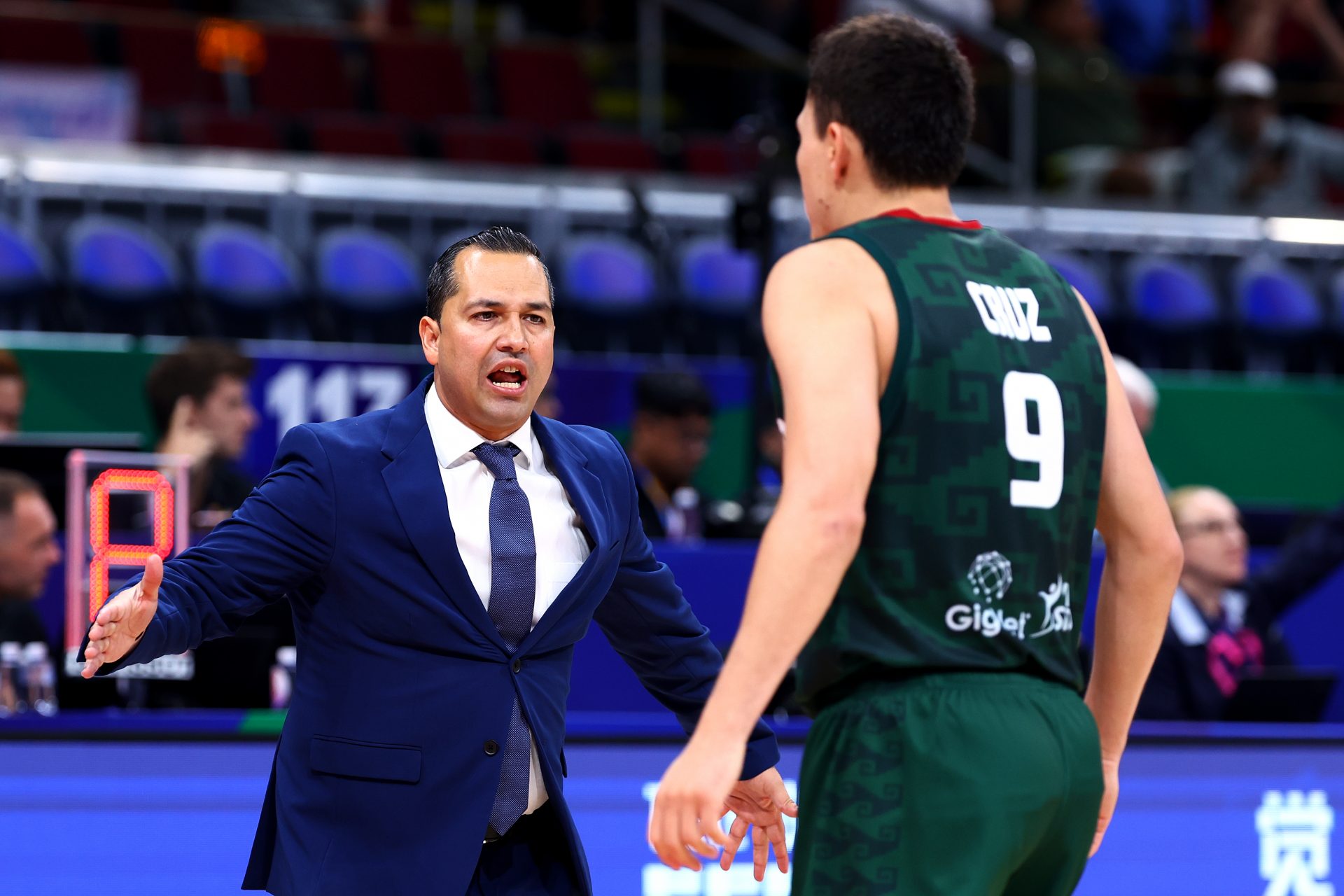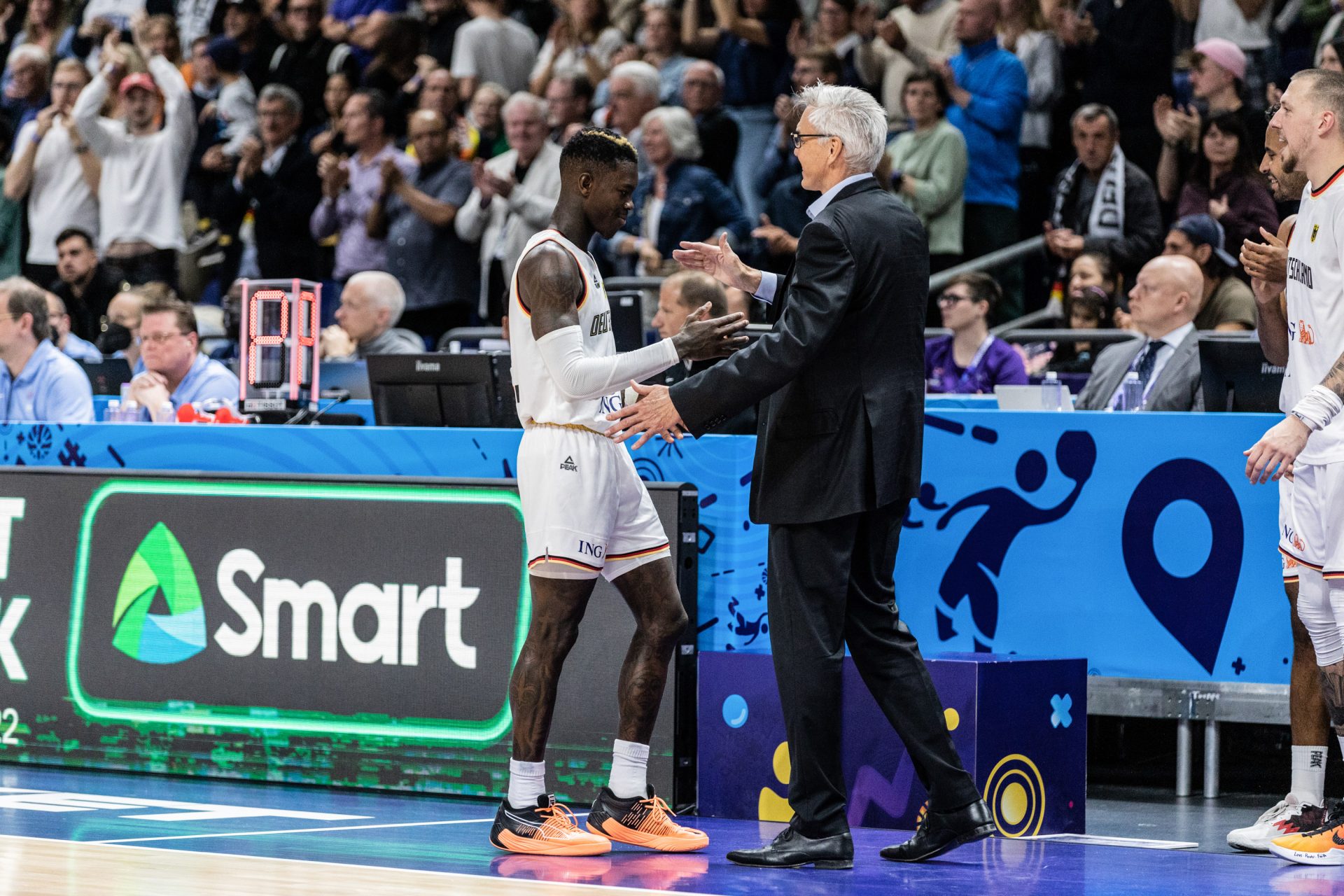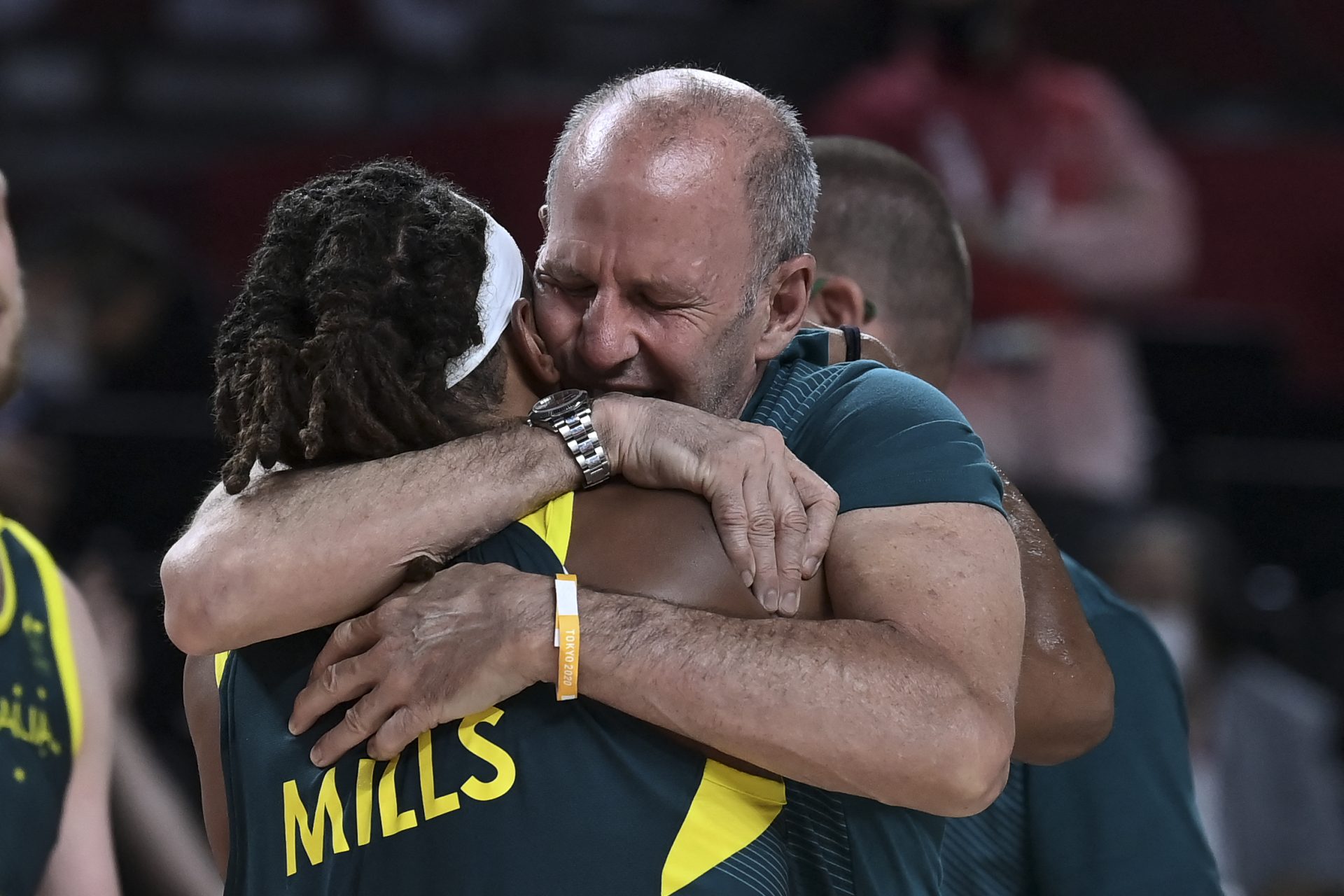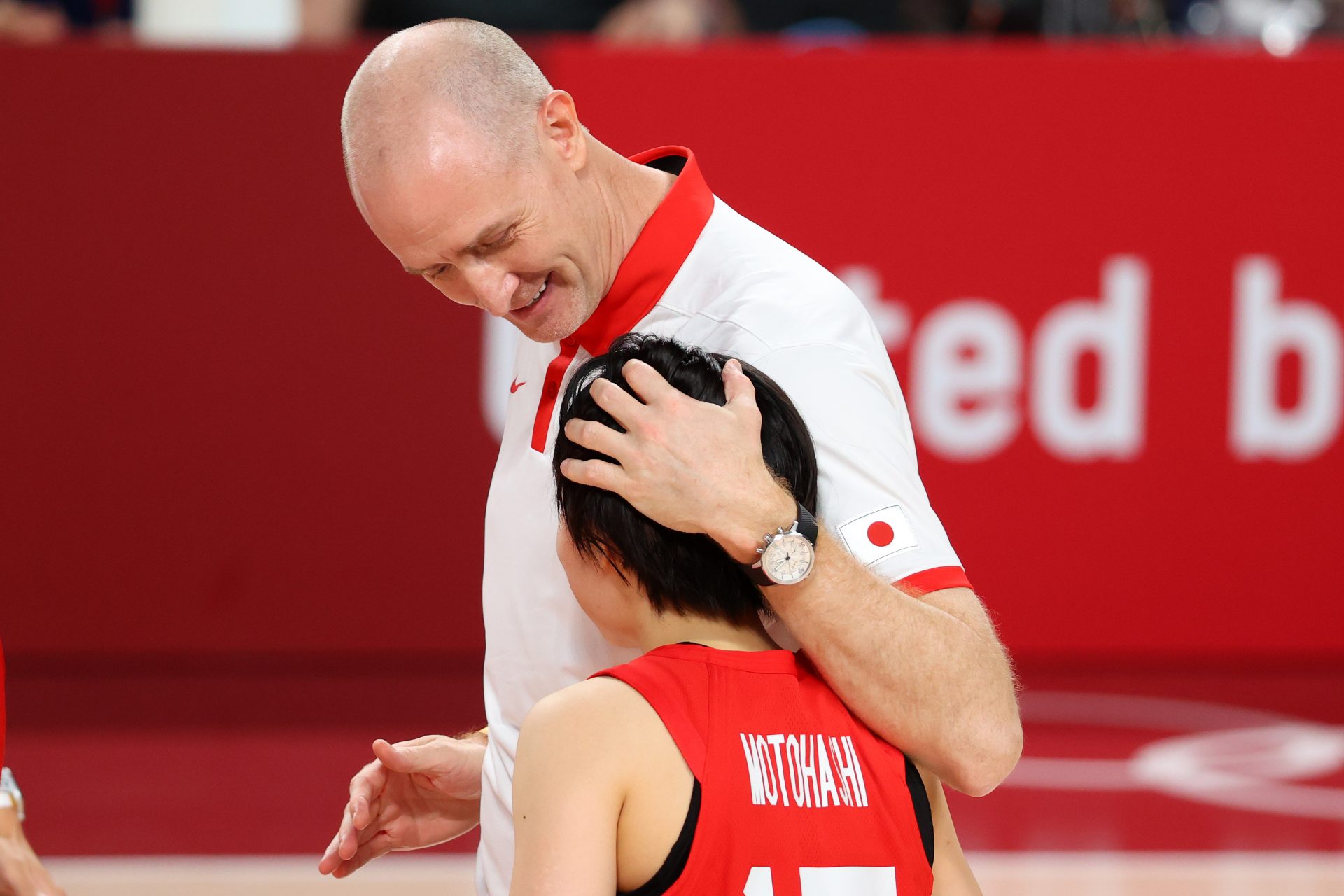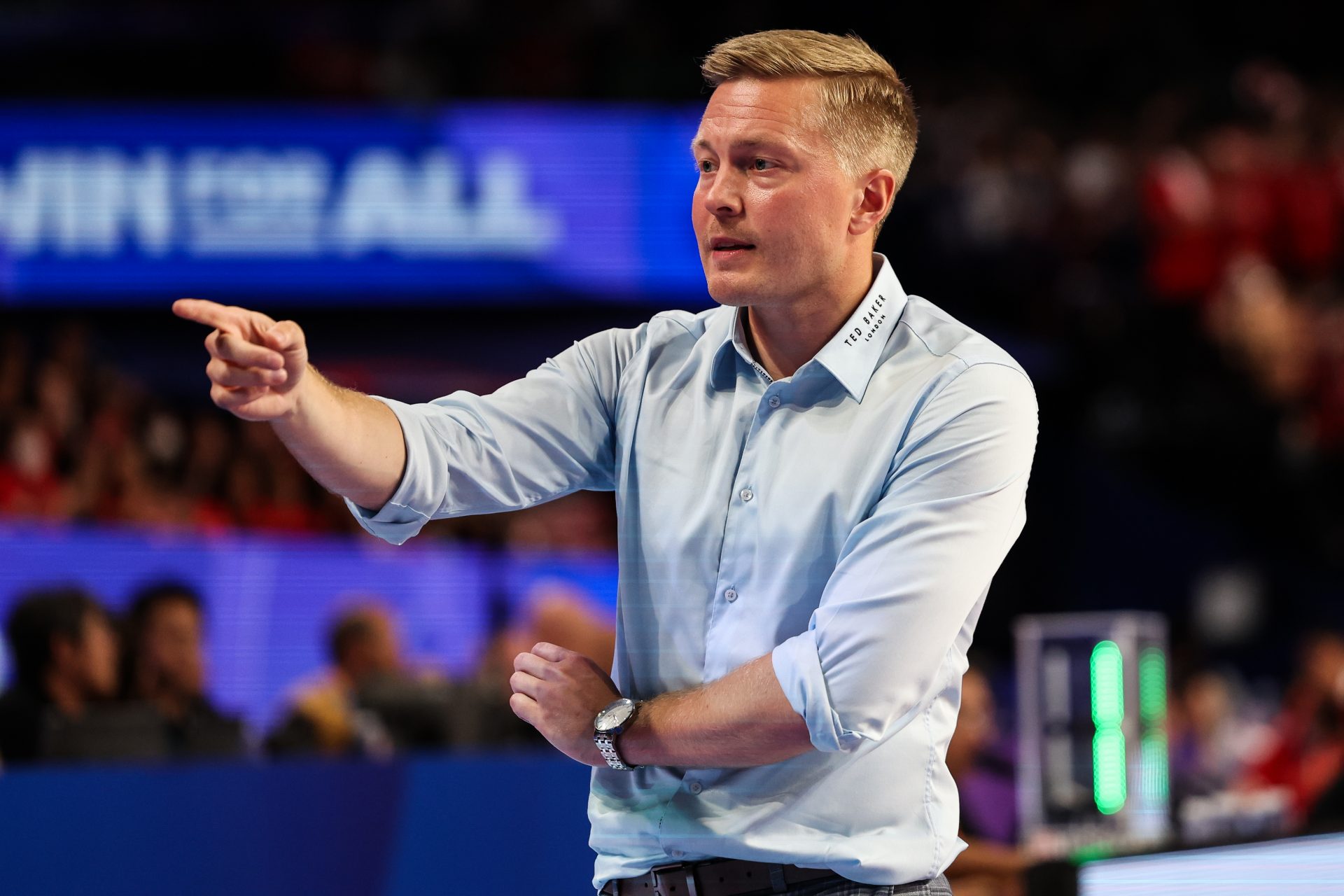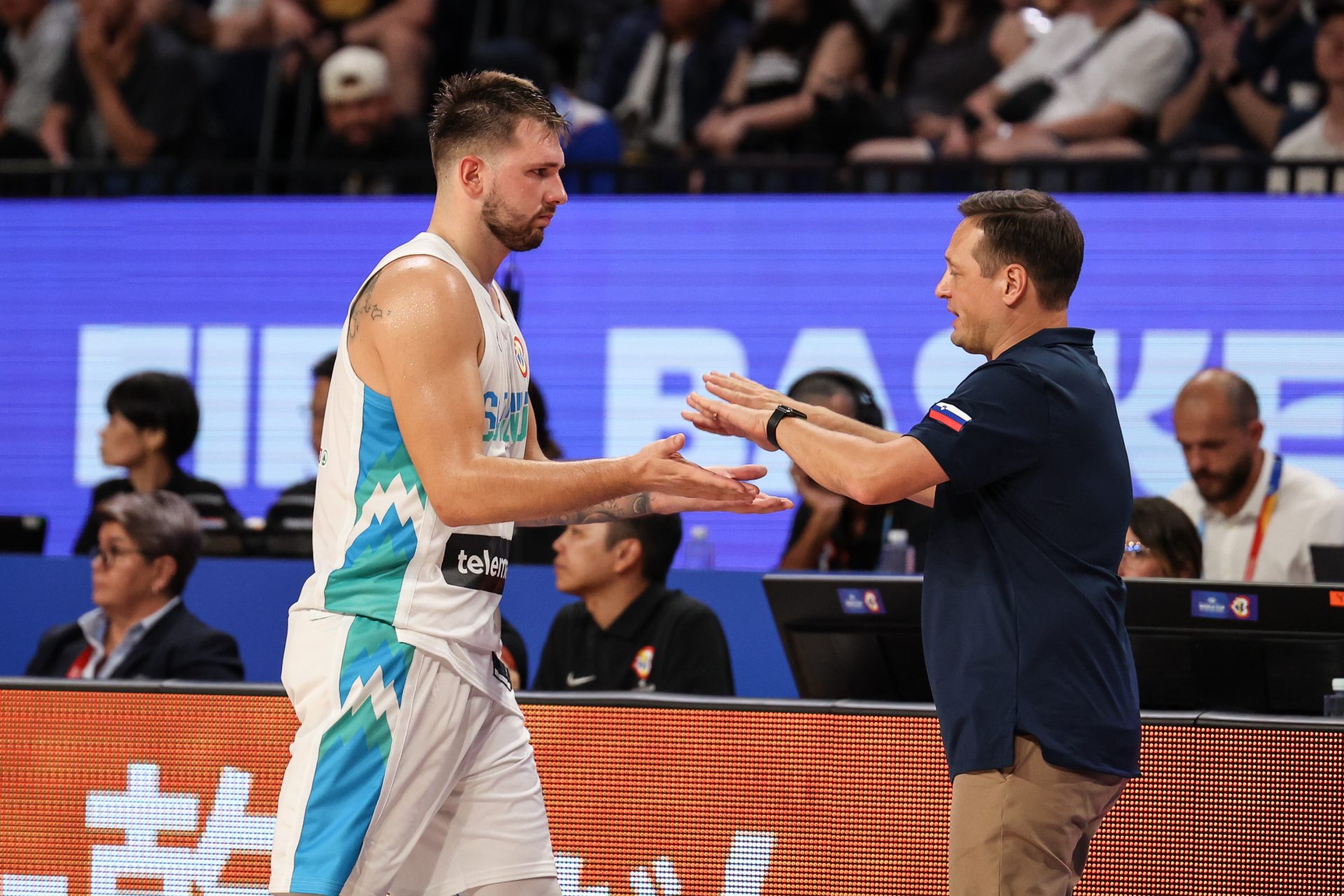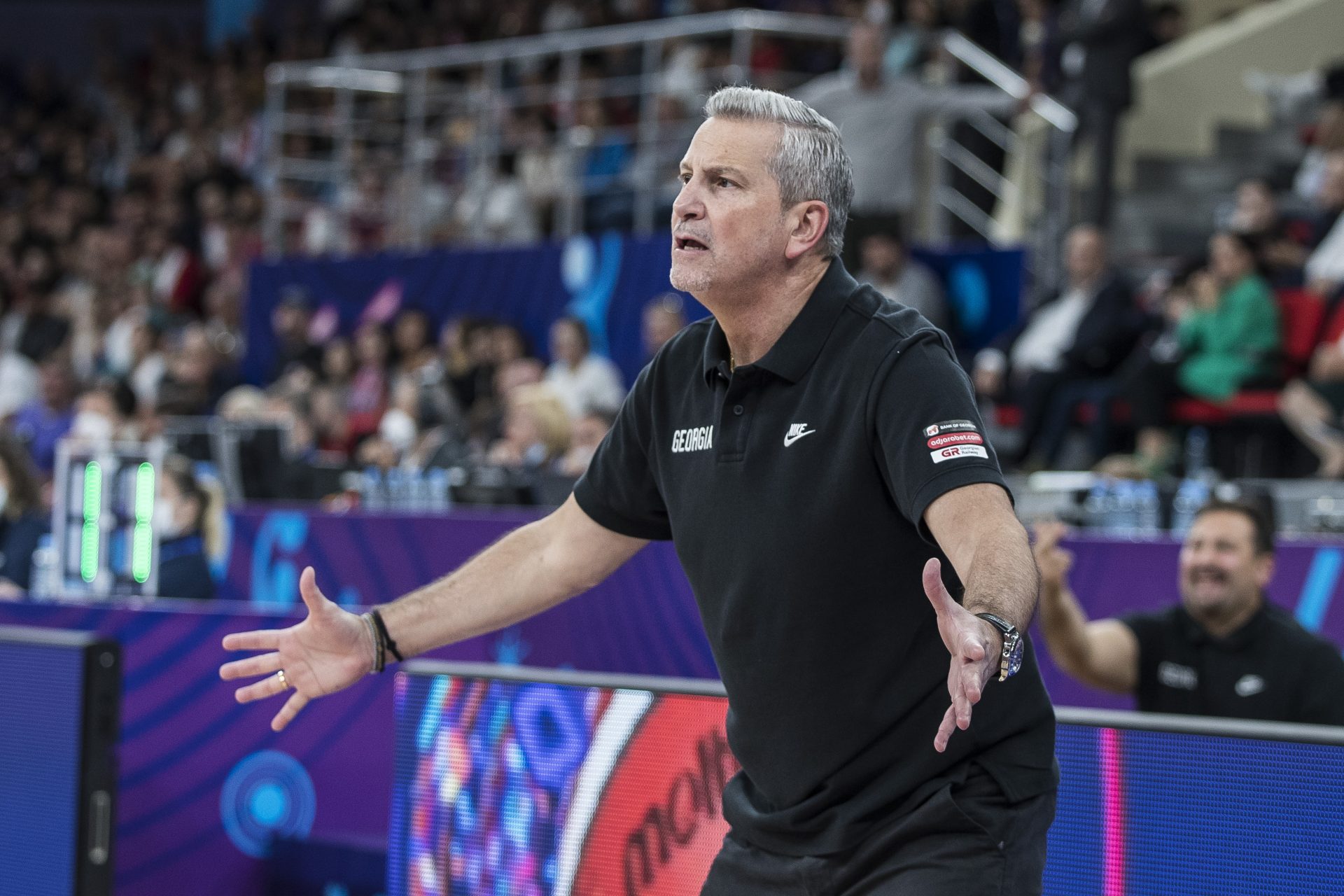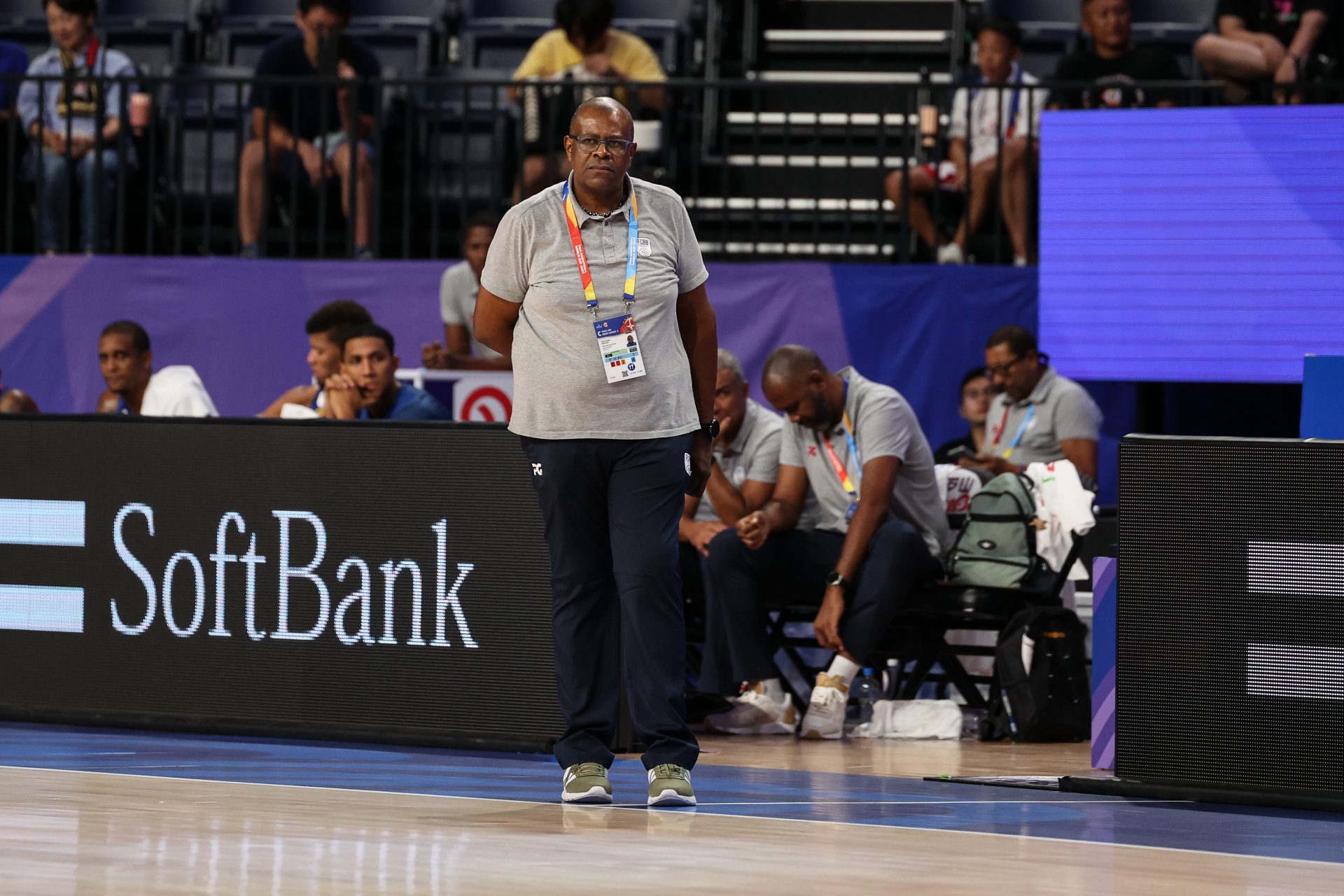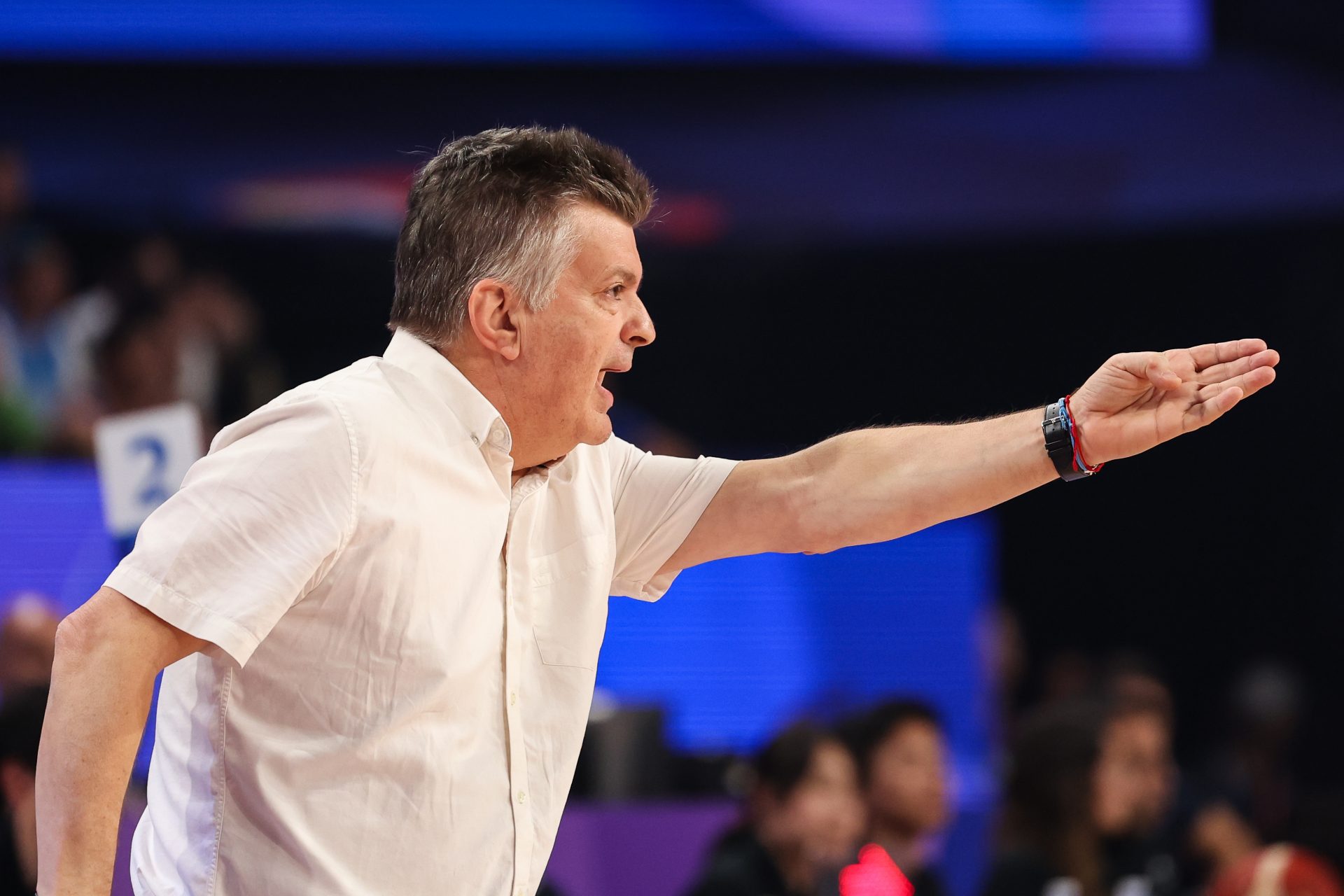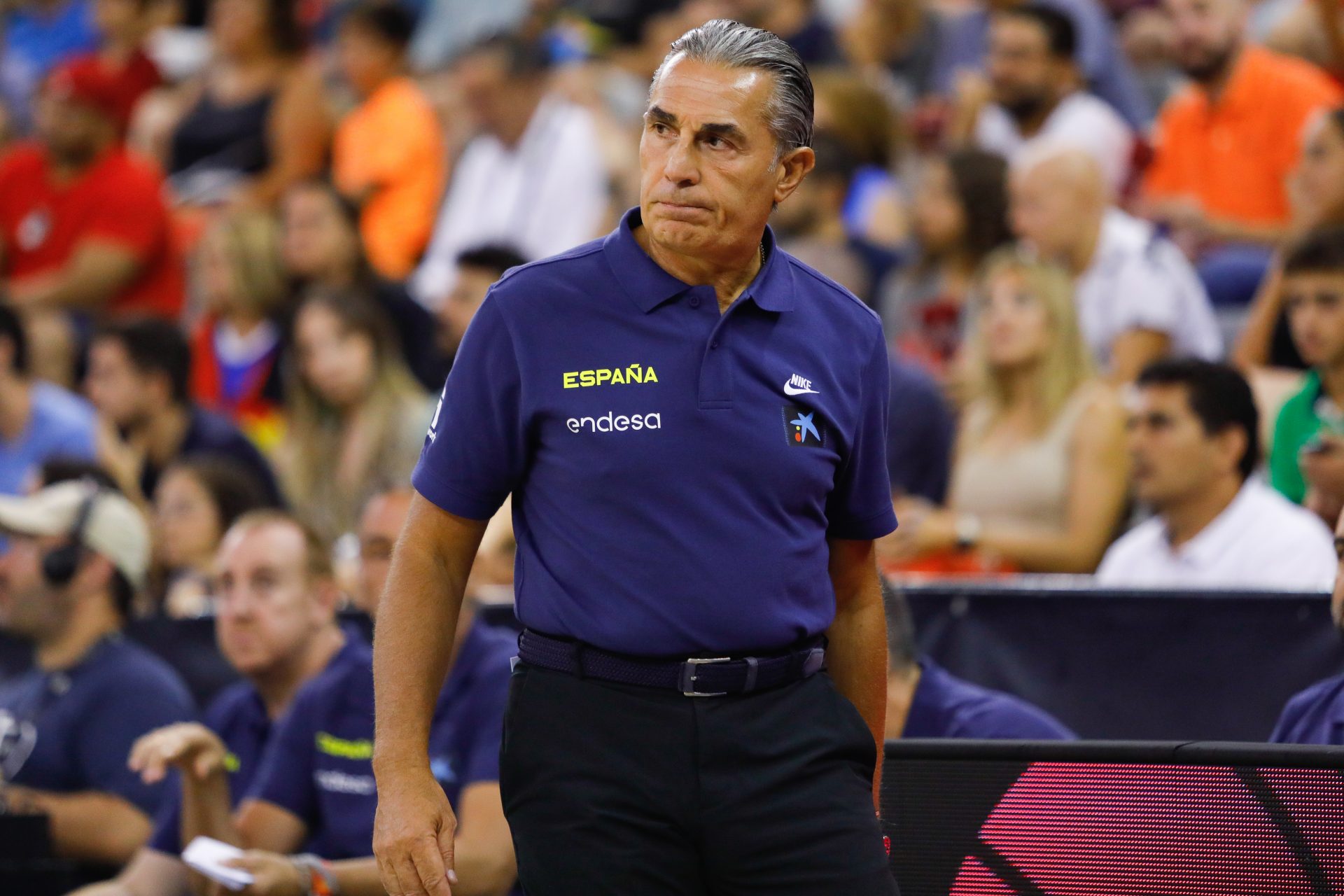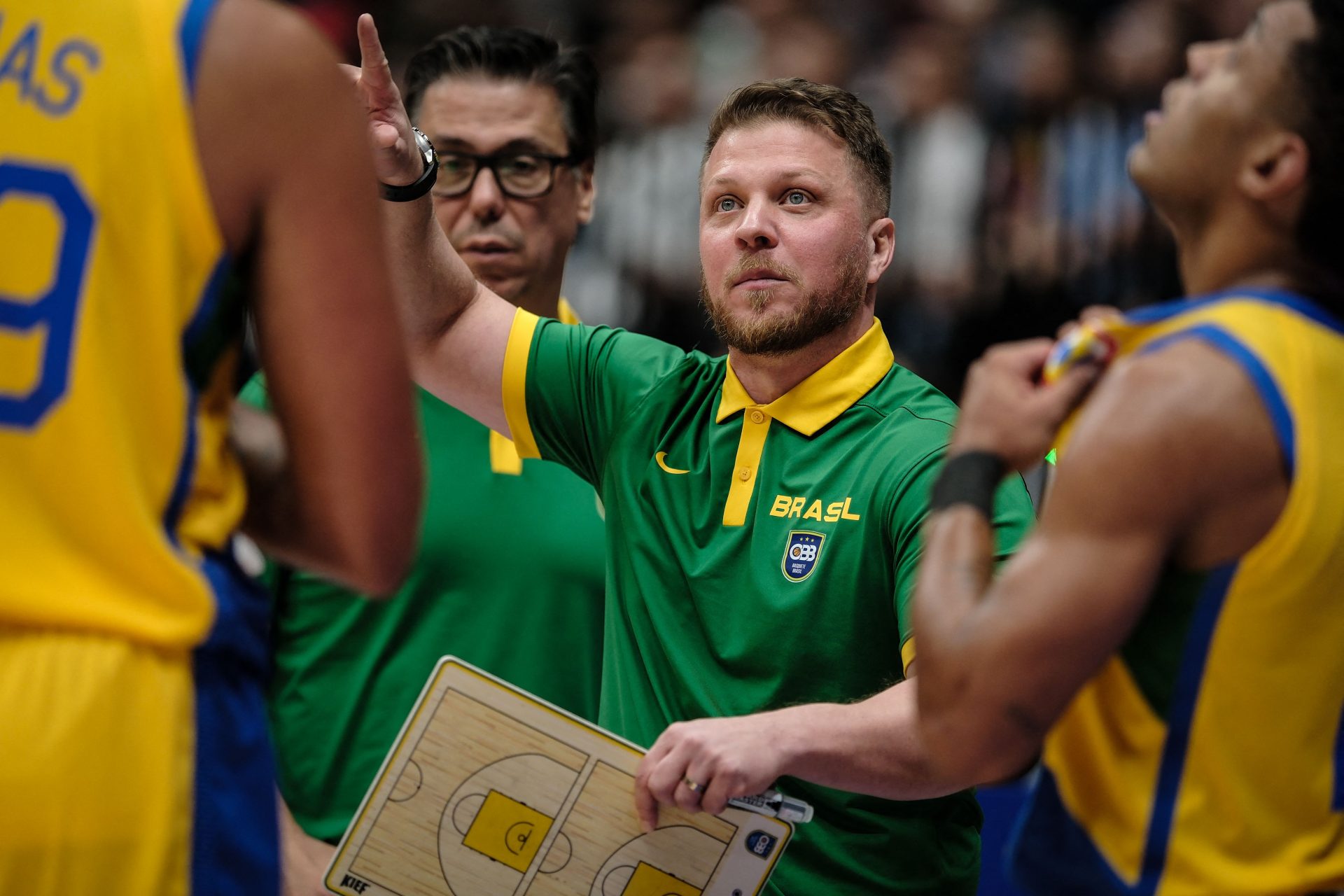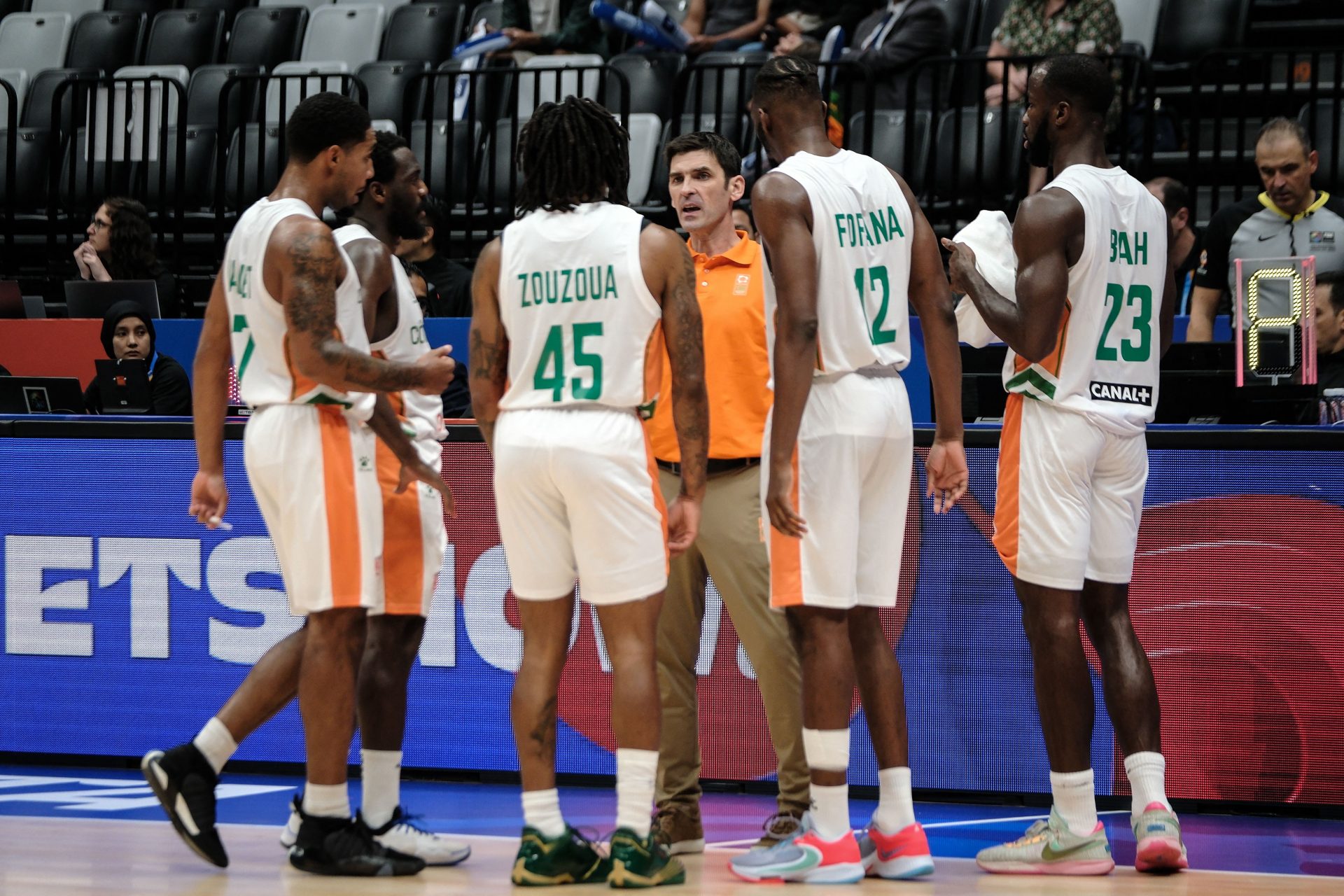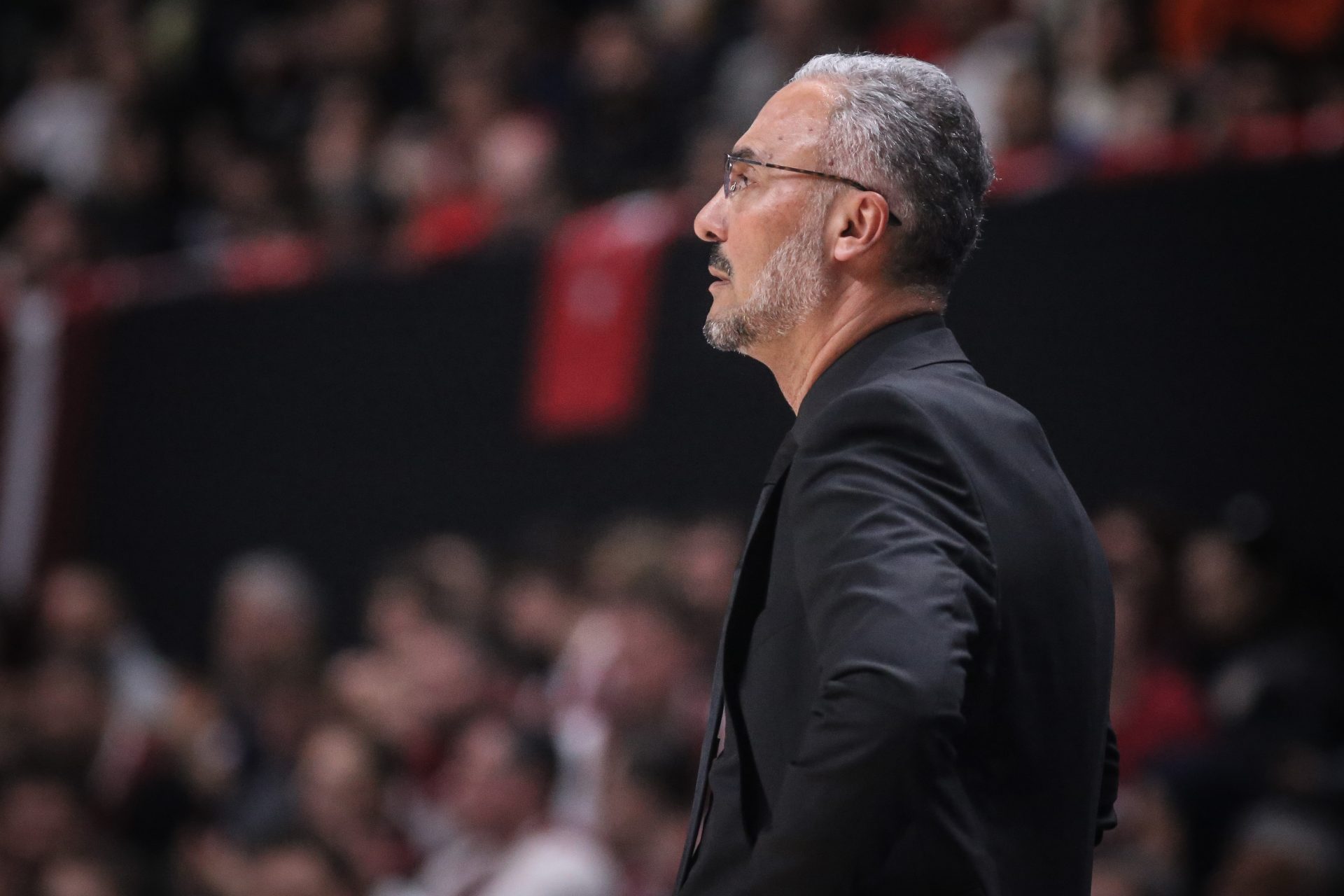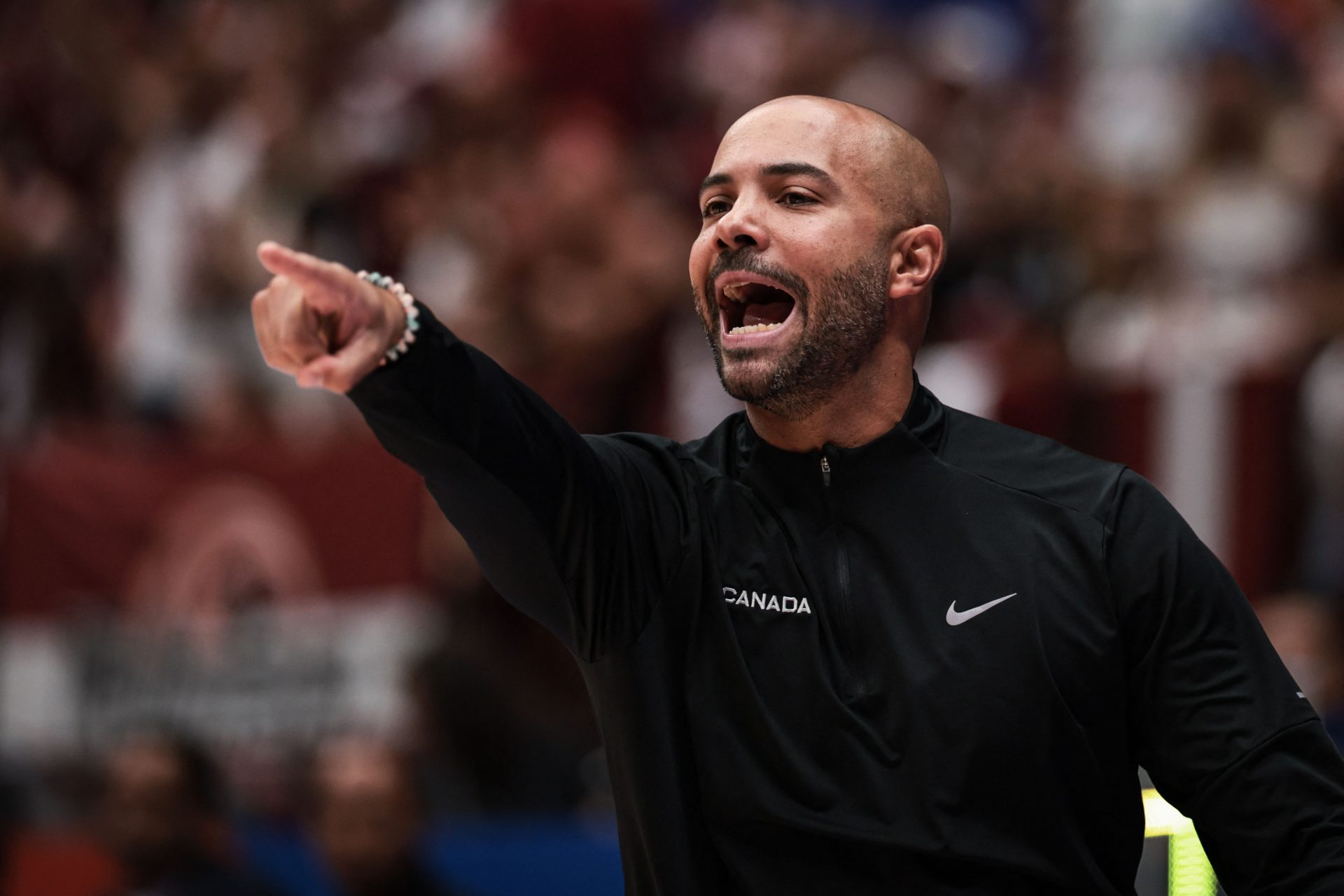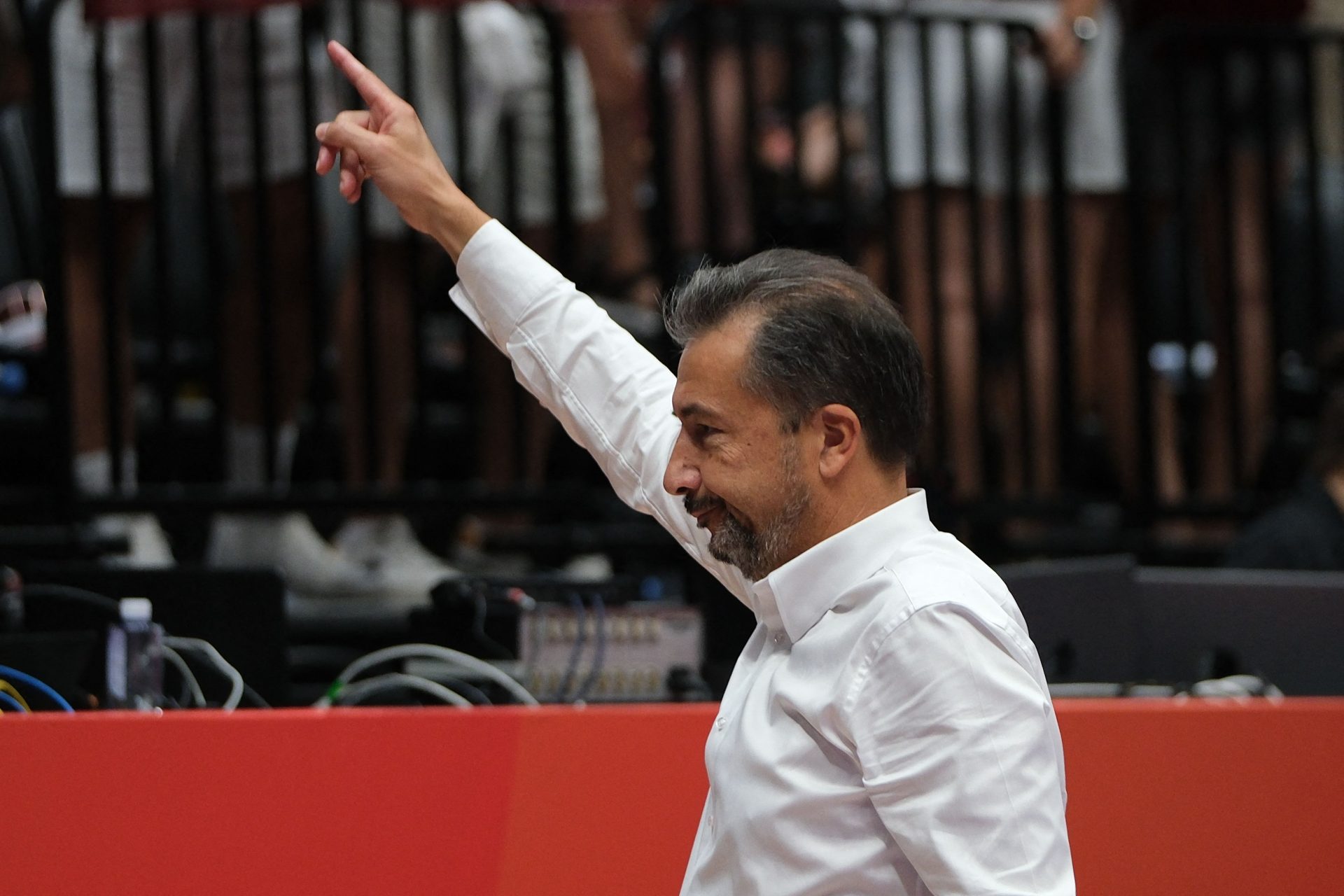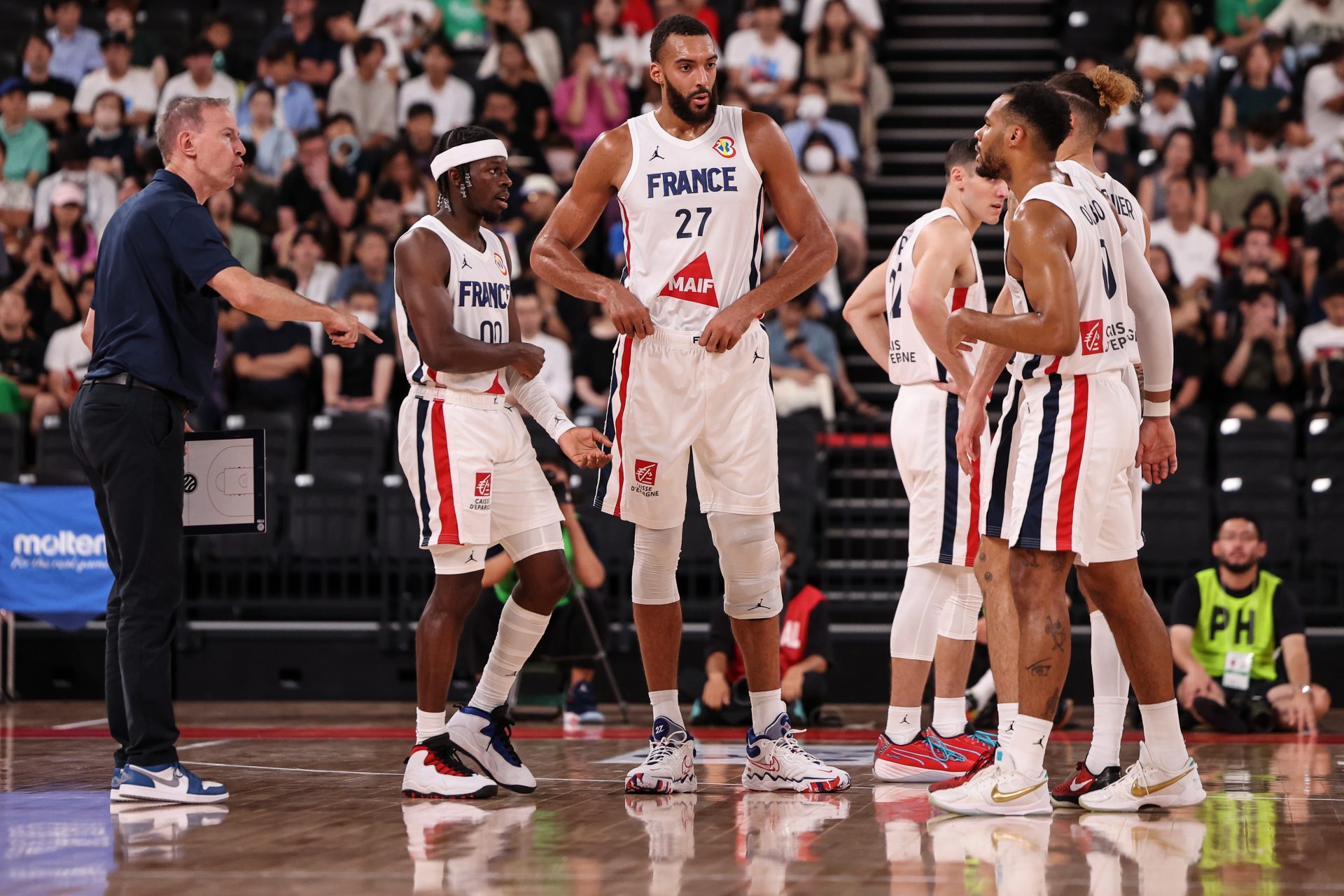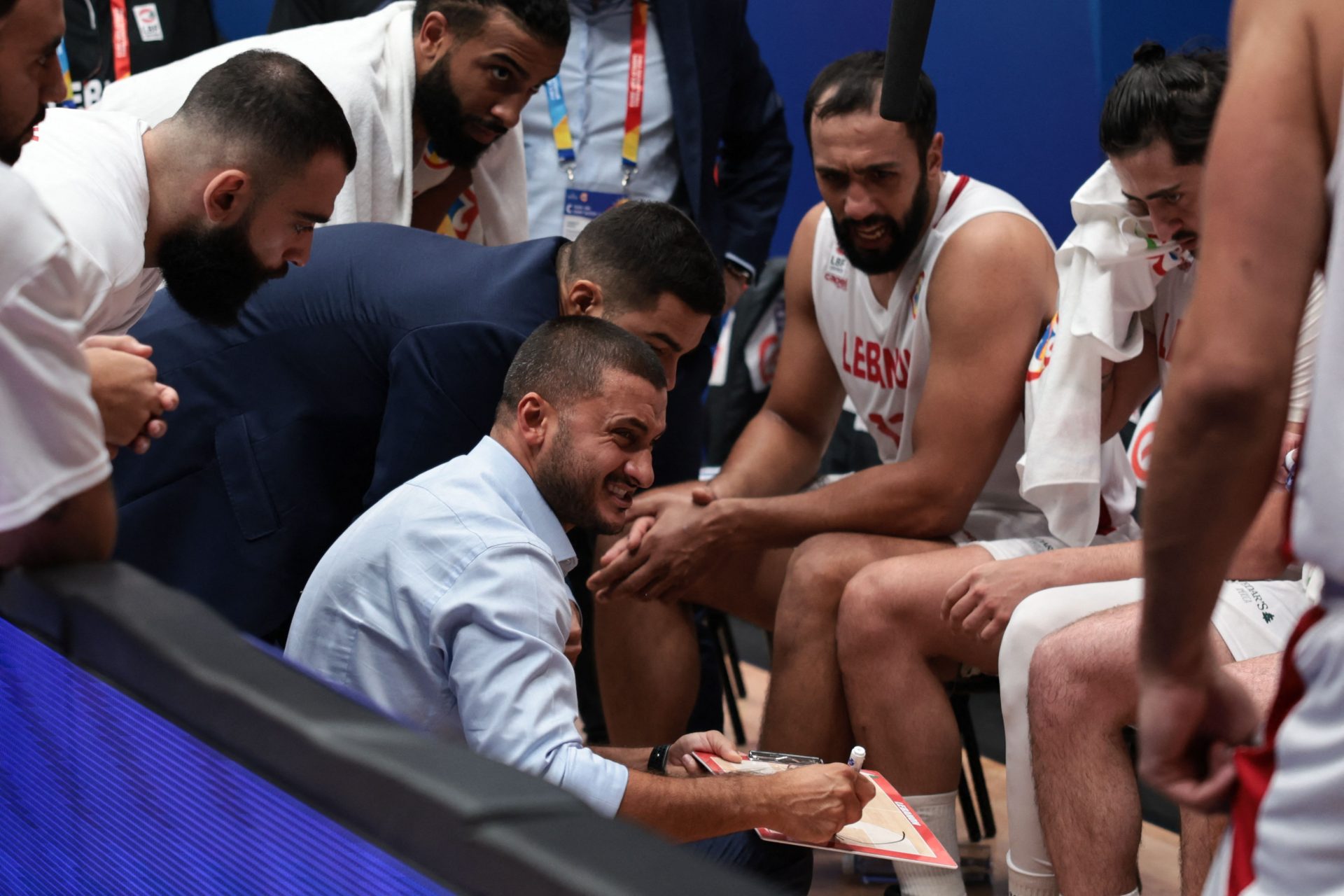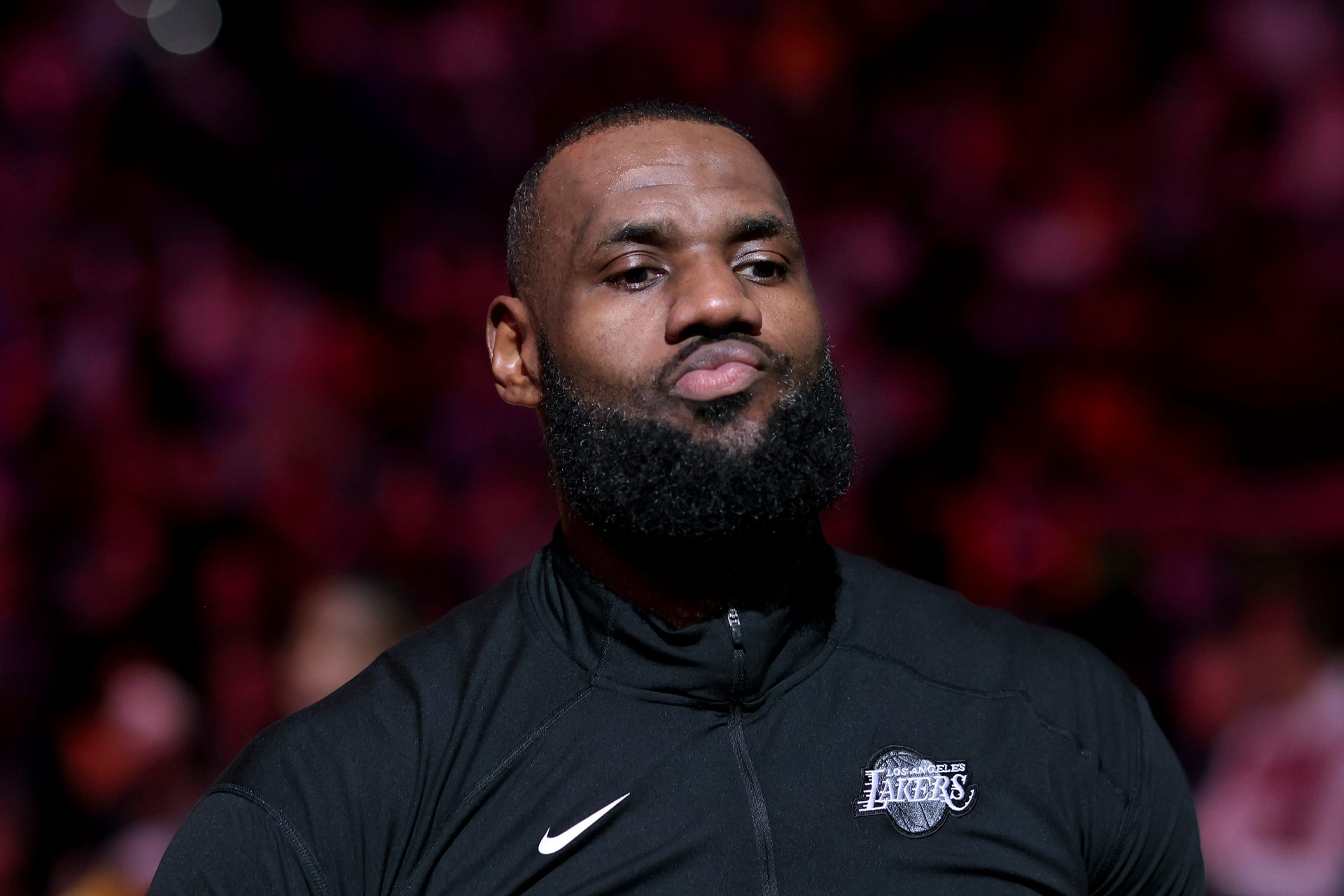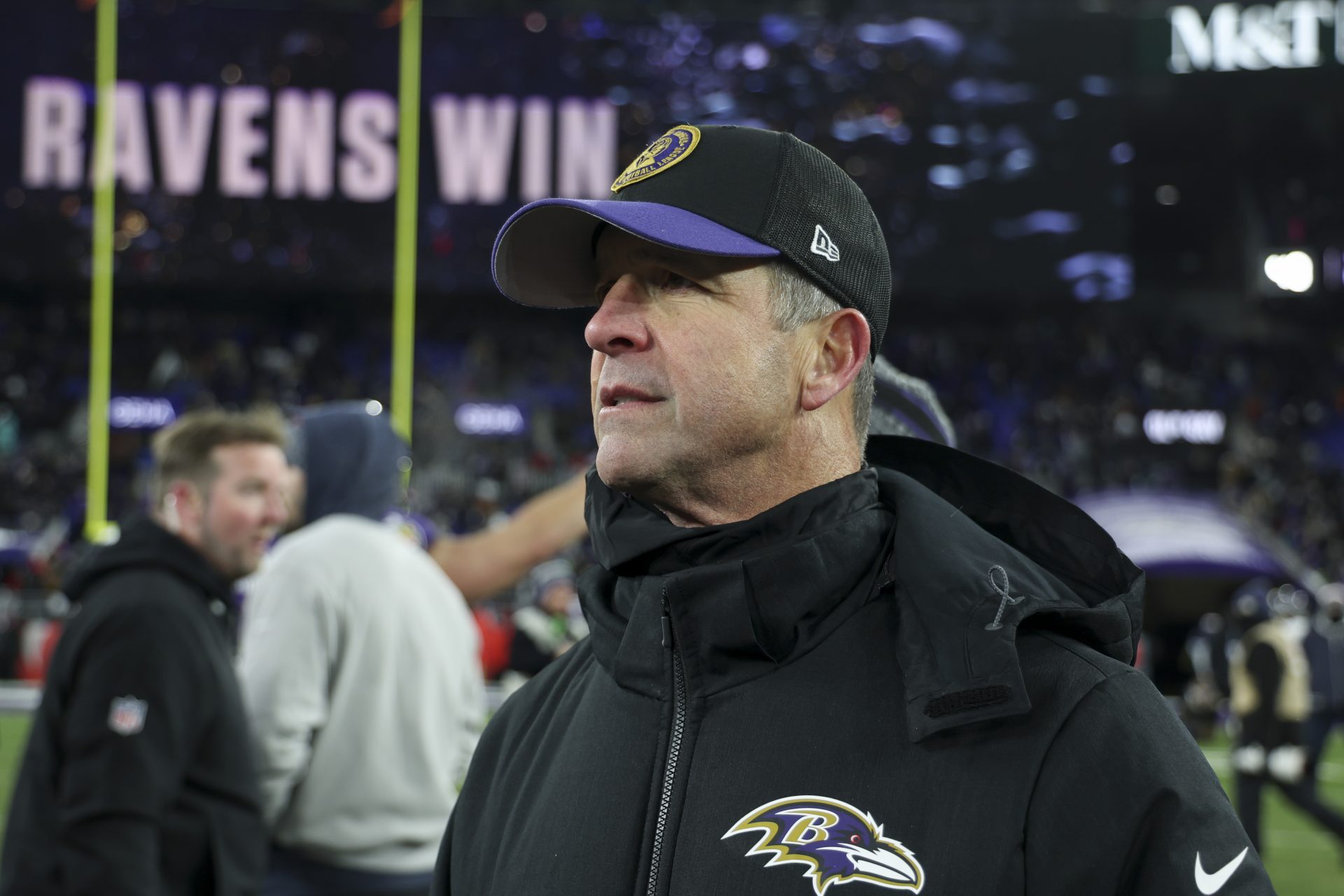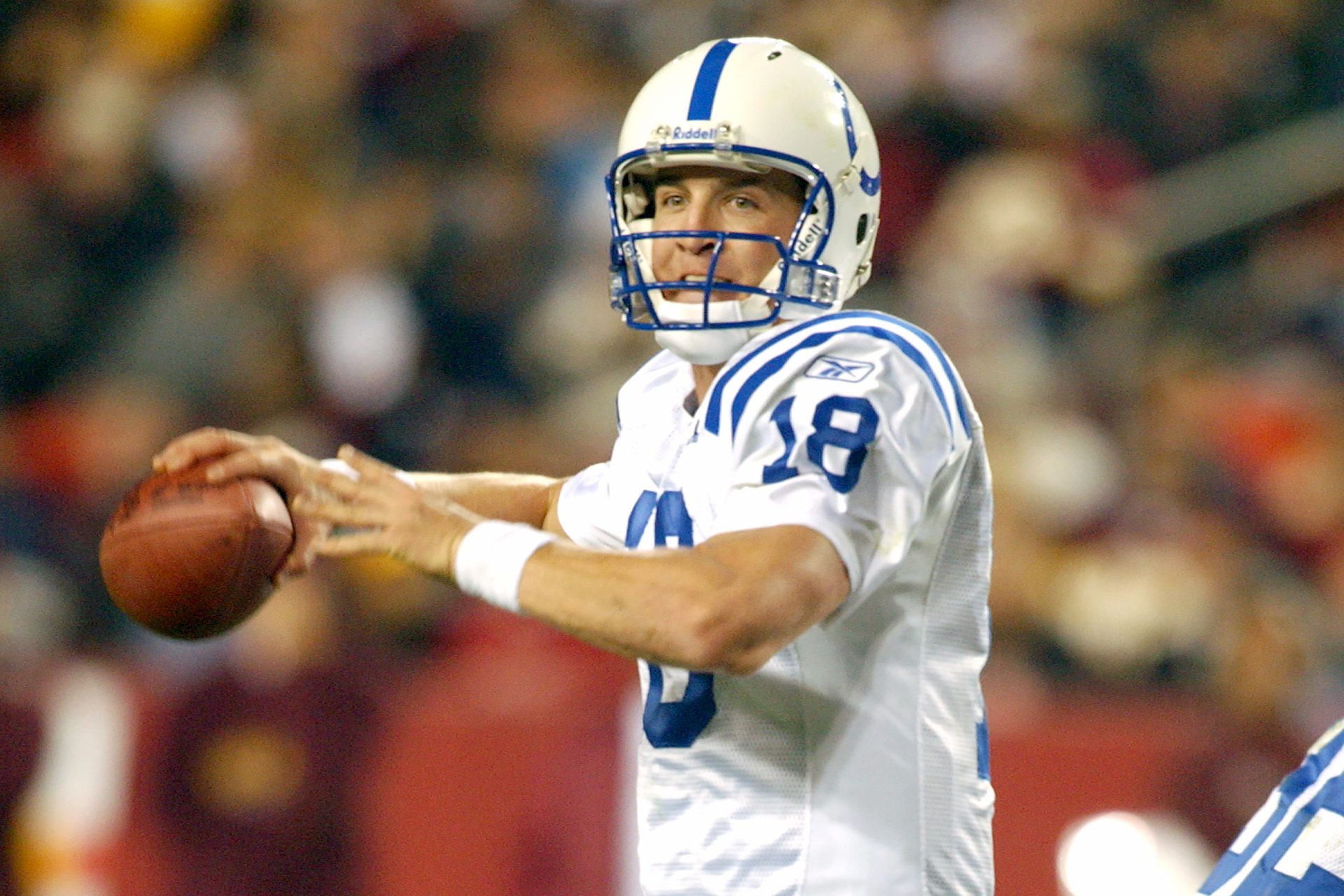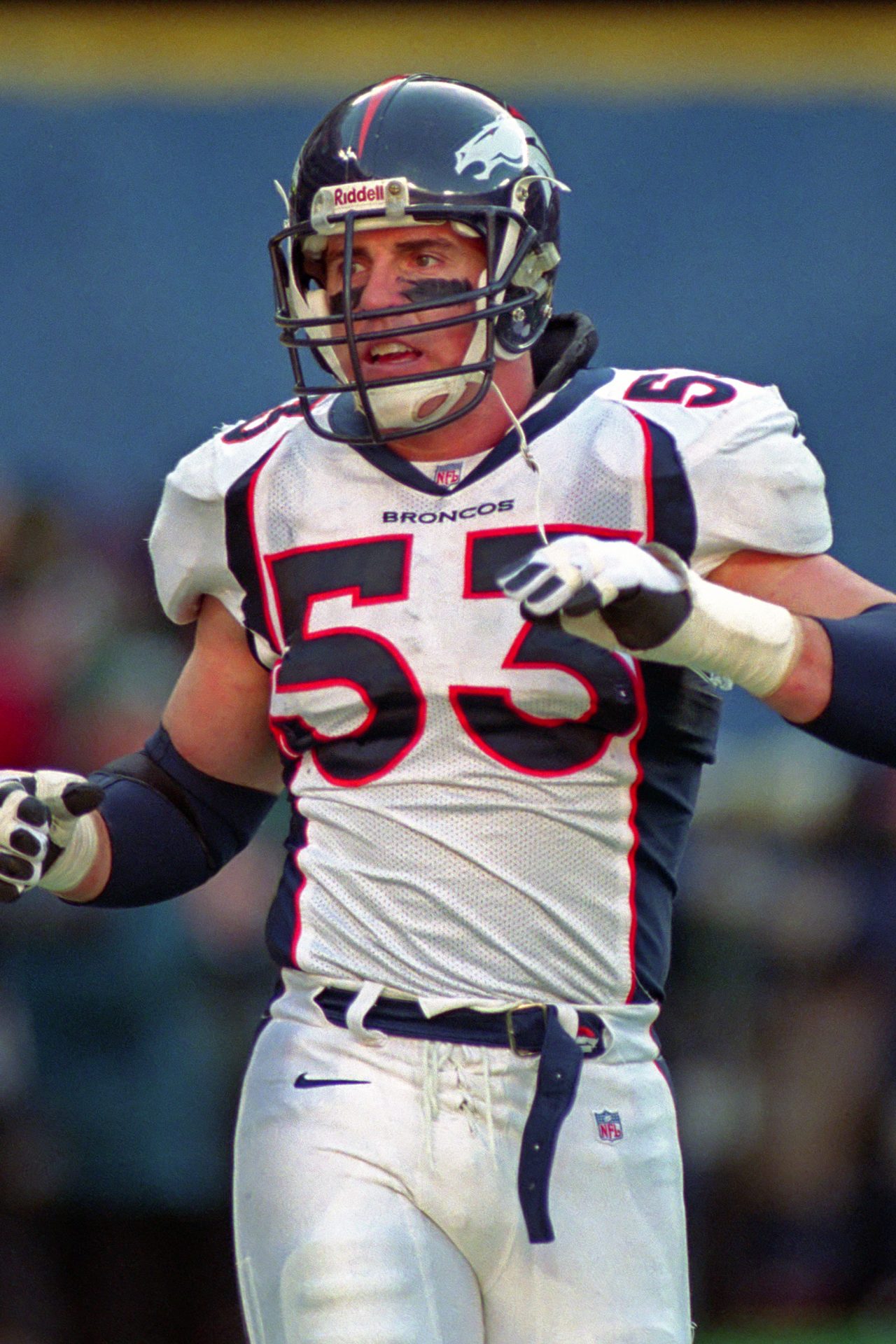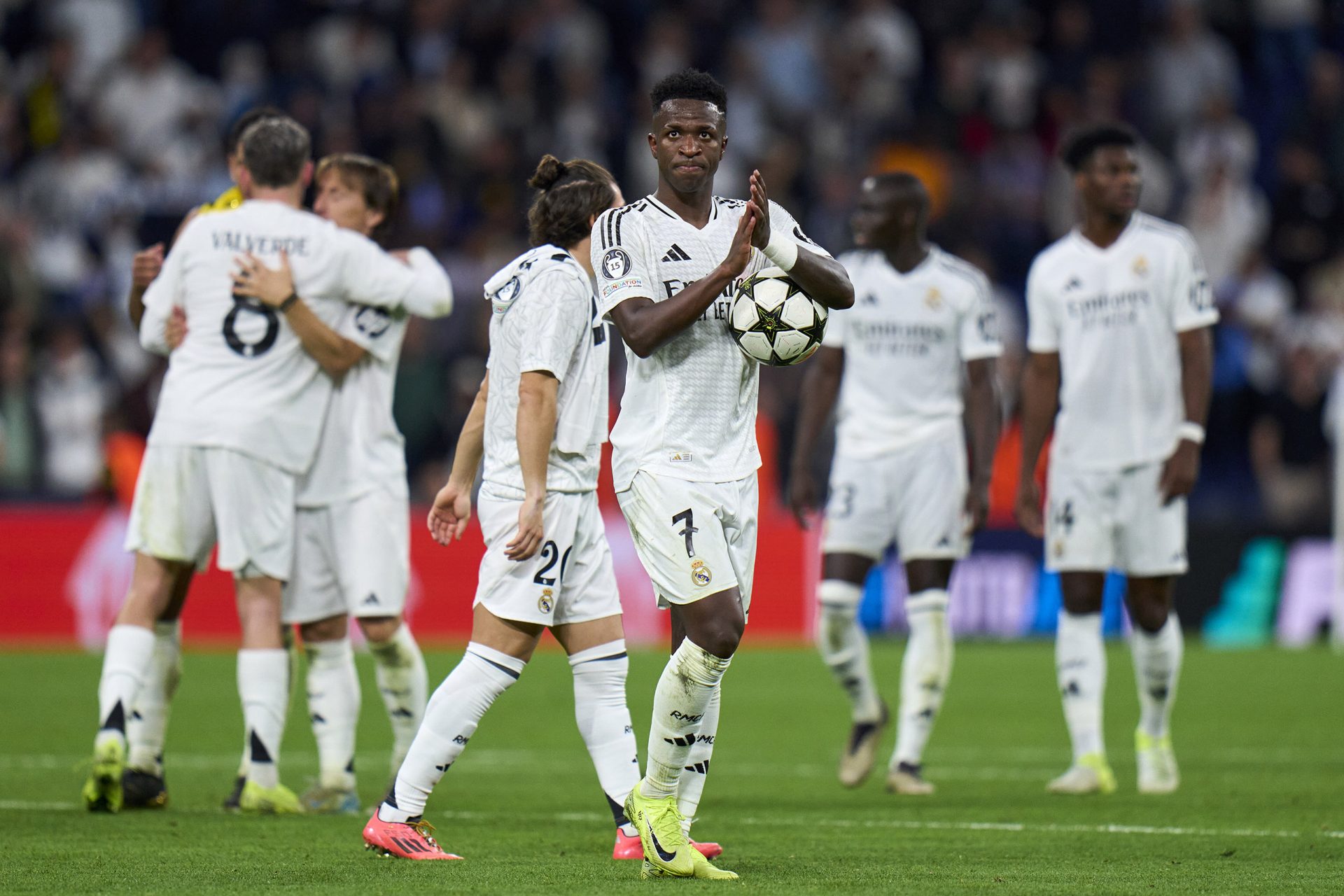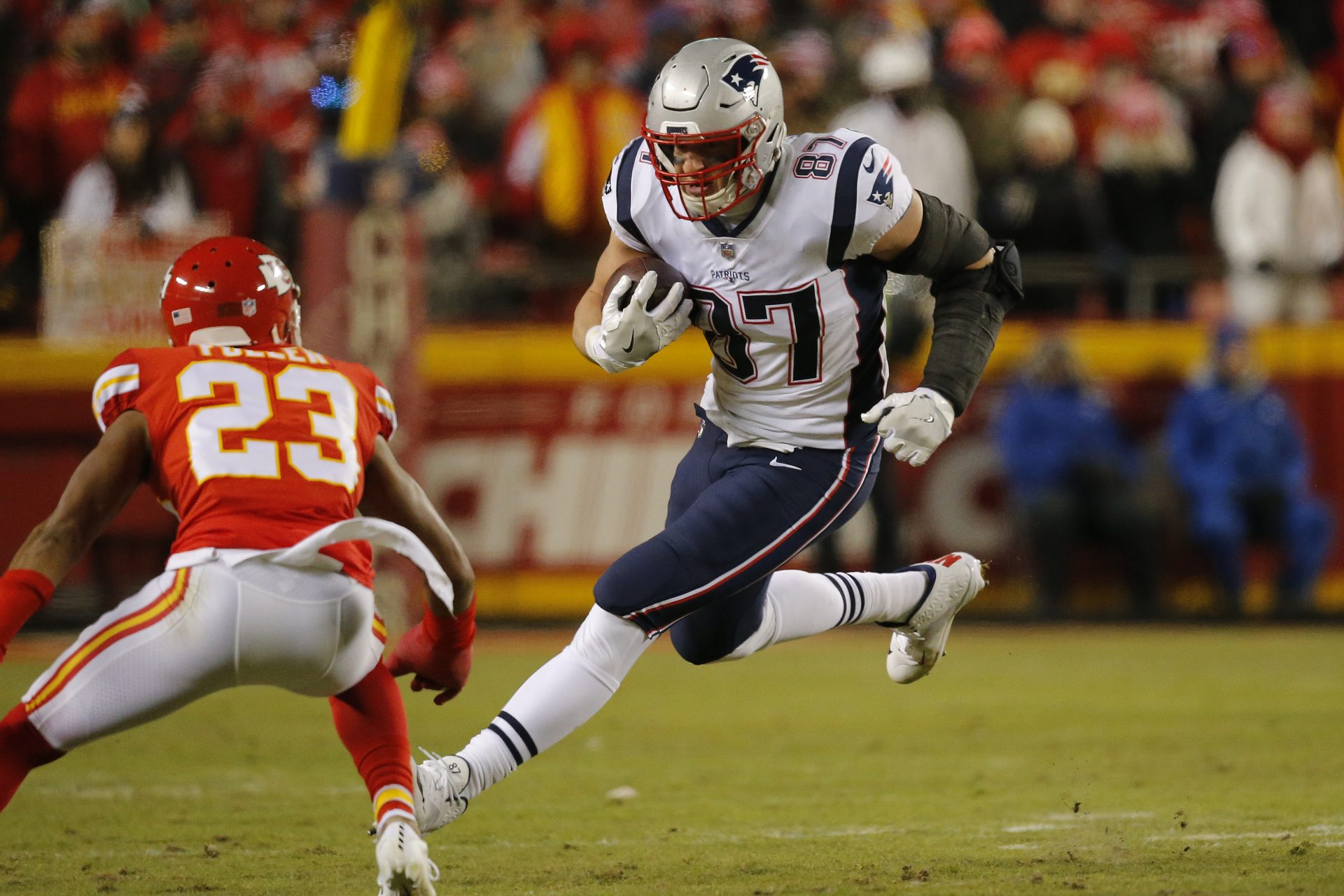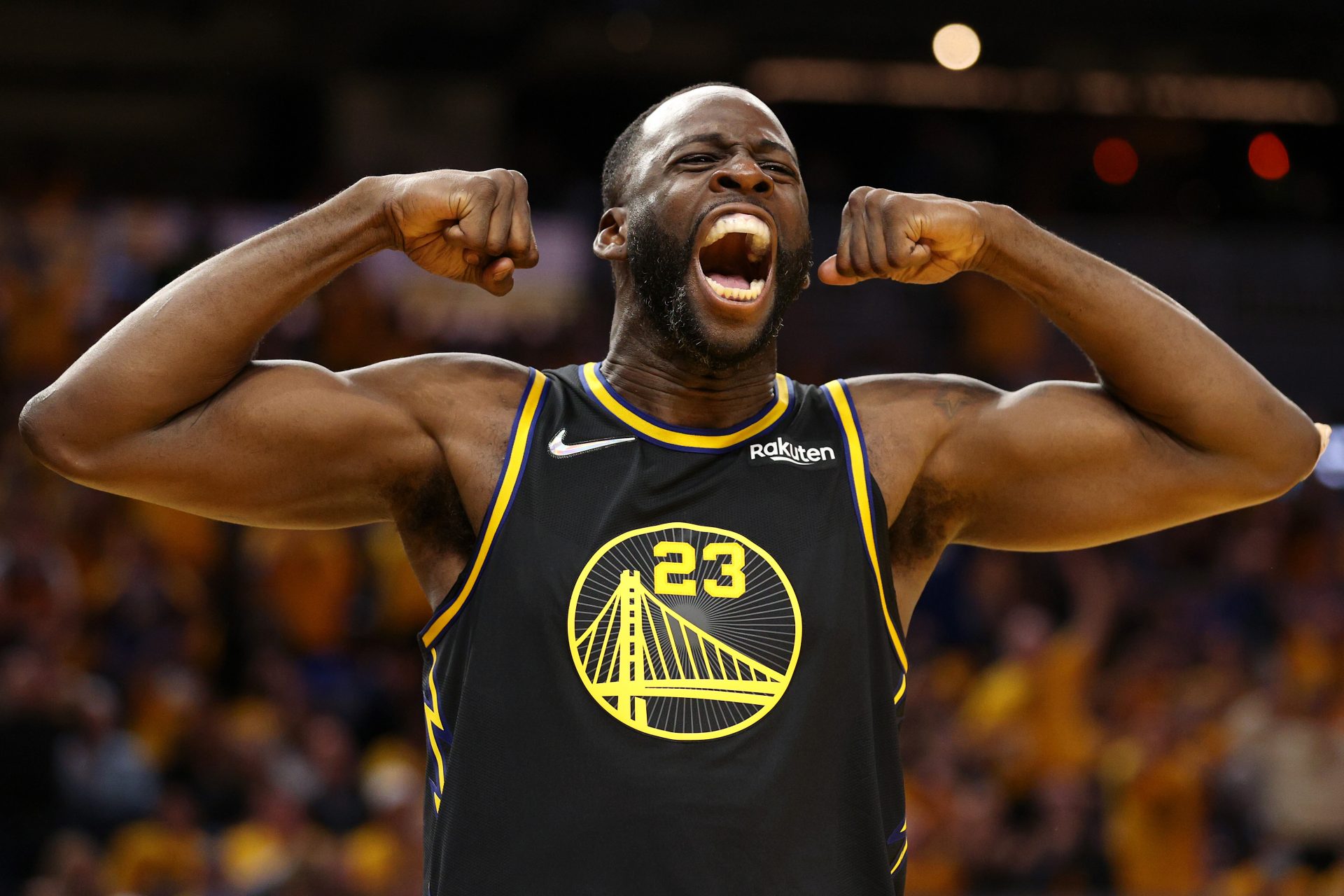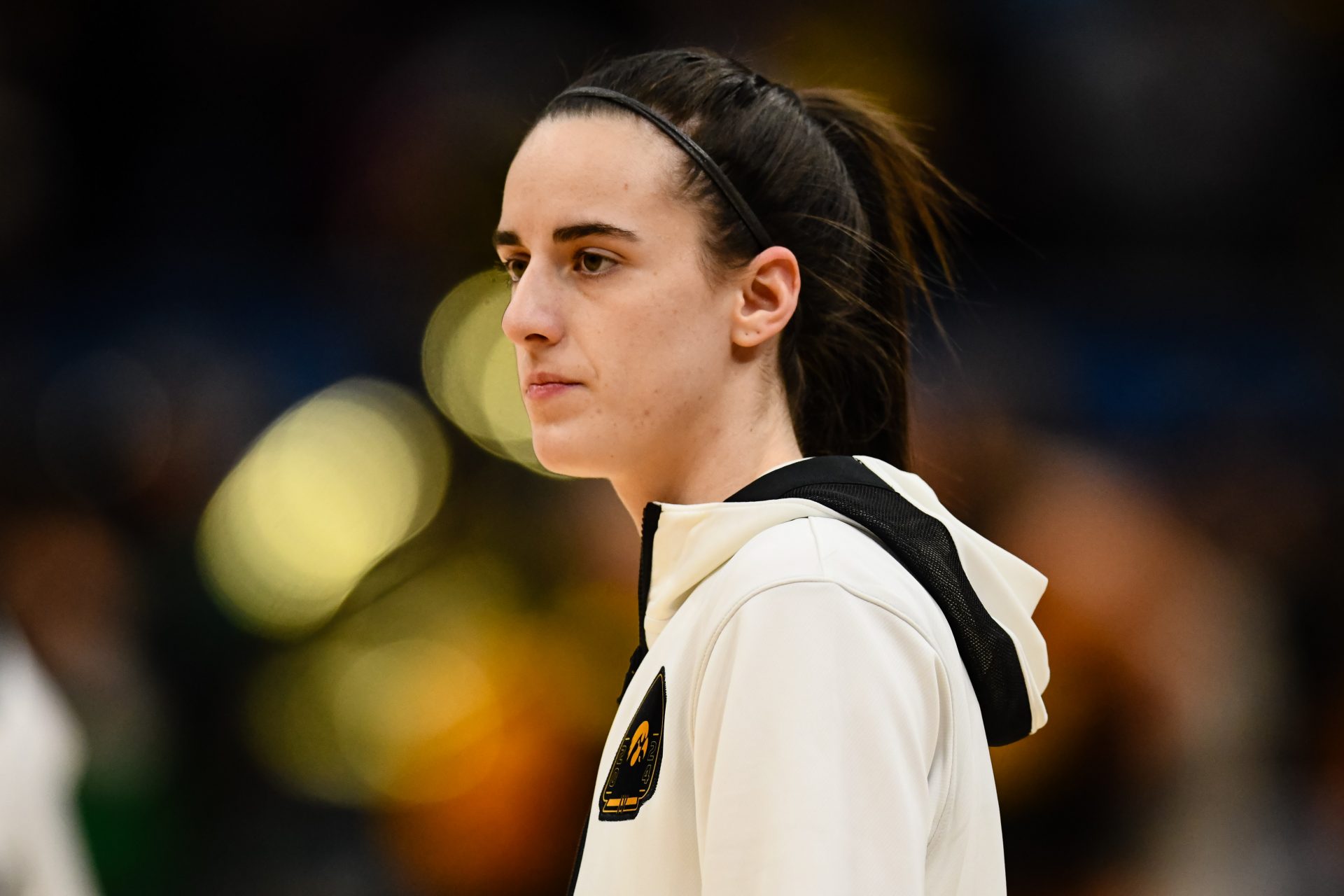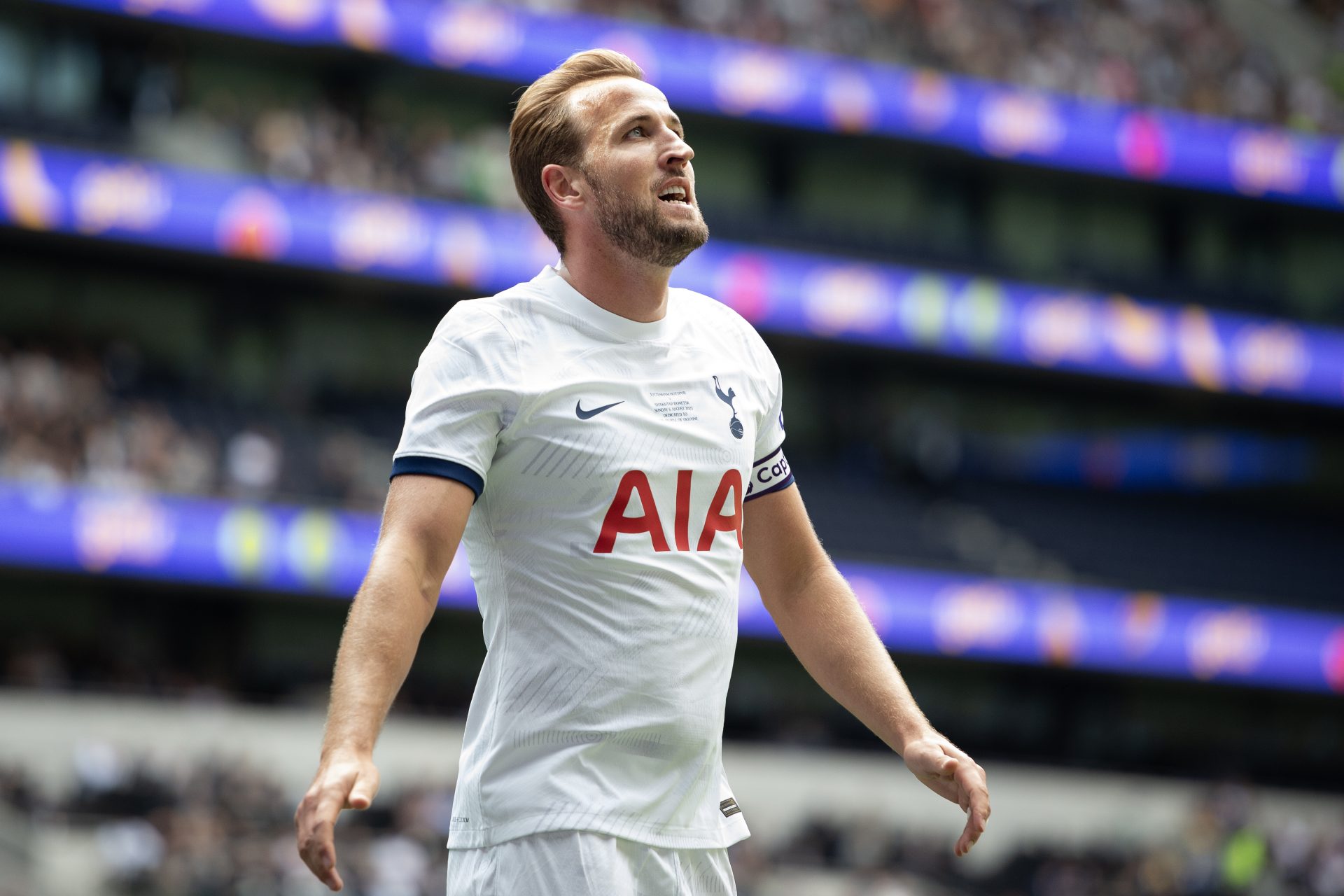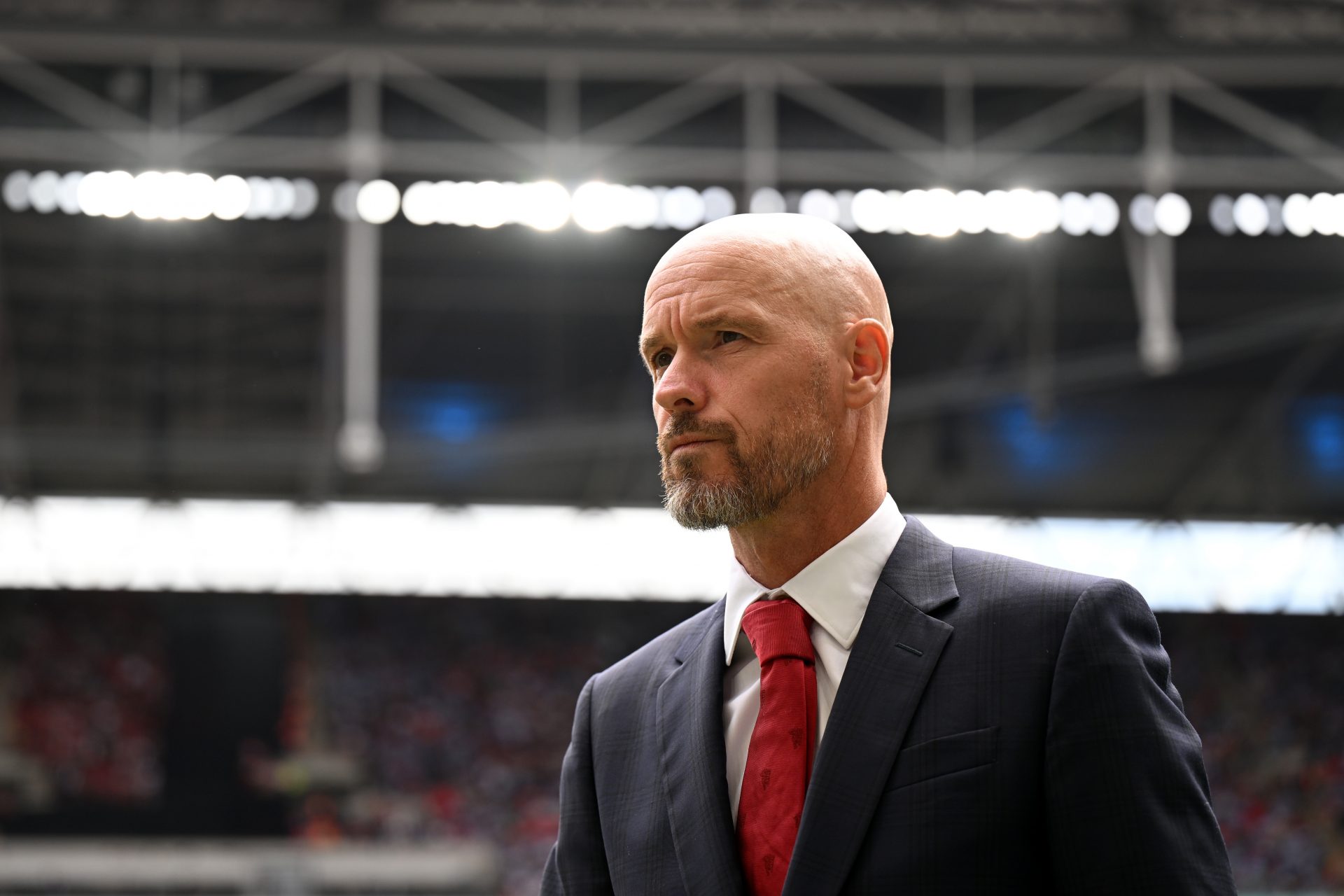Get to know the FIBA Tournament Head Coaches
The FIBA Tournament is an exhibition that brings the top basketball talent in the world together on the court. However, it also gives some of the brightest coaching minds on the planet a chance to showcase their tactical intellect. We’ll take a look at the man each nation tabbed to put their team in the best position to win.
Kerr has been a winner throughout his professional basketball life. He won championships with the Chicago Bulls and San Antonio Spurs as a player, and has led the Golden State Warriors to four titles as their head coach. Kerr will look to translate his experience in big moments to his youthful American squad.
Garcia is a veteran of the Latin American basketball circuit, having previously coached Uruguay, Argentina and Venezuela in various international competitions. This is his second stint as the Dominican Republic’s head coach in FIBA competition, and has a unique opportunity to advance deep into the tournament with Karl-Anthony Towns leading the way on the floor.
Canals is a well-traveled individual, who has been on the benches of basketball games in multiple continents. He started off as an assistant coach at a college program in the United States, and took over the head coaching reigns of the Angola basketball team back in 2021. Canals is originally from Spain.
Pozzecco suited up for Italy as a player back in the 2004 Olympics. The guard appeared in eight games and averaged just over eight points and four assists per game. He’ll look to facilitate a strong performance from an Italian team that will be without the services of Danilo Gallinari, who tore his ACL in the summer of 2022.
Reyes has had a long career coaching in Asia, which makes him something of a local celebrity during this tournament. He’s been coaching since the late 1980’s, and has been a part of the Filipino basketball operation on and off since 2005. The Philippines would be a feel good story if they were able to make a run in the competition.
Pesic is something of a folk hero in Serbian basketball circuits. His exploits as a player date back to the 1960’s, when he won a European Cup championship with Bosna. After he hung up his sneakers in the late 1970’s, Pesic devoted himself to coaching in the early 1980’s. Now in his mid 70’s, Pesic is getting his first chance to lead Serbia from the bench on the international stage.
Colon is a newer arrival to the coaching scene. He’s only 40 years old, but began his coaching career with Atleticos de San German back in 2011. He’s also won Coach Of The Year three times in the Balconcesto Superior Nacional league in Puerto Rico. Colon would appear to be a name to keep an eye on for bigger jobs down the road.
NBA fans will remember Ivey from his days in the league as a role player. He played with the Atlanta Hawks, Philadelphia 76ers, Milwaukee Bucks and Oklahoma City Thunder in a 10 year-career. Former Chicago Bulls player Luol Deng is Ivey’s assistant, which will make for an interesting tandem.
If anyone has a question about Djordjevic’s love for basketball, look no further than his lengthy playing career. It started in 1982 with Partizan, and ended 23 years late in Italy with Olimpia Milano. He also had a cup of coffee with the Portland Trail Blazers in 1996. His resume shows that he’ll go anywhere to help bolster an up and coming basketball program.
Itoudis will have to manage the tournament with the services of superstar Giannis Antetokounmpo, but he’s no stranger to accomplishing things that have never been done before. He became the first Greek coach to win a EuroLeague Championship coaching a non Greek club, when he led CSKA Moscow to glory in 2015-2016.
It’s always enjoyable when a favored son returns to help bring his country back to glory. Cameron was a sensational player in New Zealand back in the 1990’s, as he was a five-time MVP. He was also named Outstanding Kiwi Forward five times in that stretch. Cameron has been coaching since 2010.
Players tend to like it when former players communicate their prior experiences. Al-Sous was in the same position that his players find themselves in now—as monumental underdogs in a major international competition. He represented Jordan in the 2010 FIBA World Cup, appearing in four games off the bench.
Maksvytis has had an interesting road to becoming head coach of the senior national team. He had a firsthand look at the development of some of the country’s most promising young player, since he was the coach of Lithuania’s Under-16, Under-19 and Under-20 national teams. He’ll look to bring the finished products to new heights during this tournament.
Radovic has paid his dues in the coaching ranks for Montenegro. The nation has needed him to step up into the big chair after the resignation of Zvezdan Mitrovic back in 2019. Radovic was an assistant during that period of time, and has now had a few years to mold the team in his image. He was a small forward in his playing days.
Rana has basketball ties to his native Canada, but embraced a new challenge as the head coach of the Egyptian team. The country has not had much success, but Rana is used to building something from the ground up. He was an assistant coach with the Sacramento Kings from 2019-2022, during a time that set them up for their breakout campaign this past season.
There’s something about point guards turning into coaches after their playing career ends. Quintero falls into that category, as the six-foot facilitator jumped into the coaching ranks a few years ago. As a player, he was the FIBA AmeriCup Top Scorer back in 2003, and will look to get Mexico in the win column during this year’s tournament.
Considering the lineage that German basketball has built in the last 20 years, it’s somewhat surprising that they’ve elected to import their coach. Herbert is originally from Canada, and played his college basketball in the United States at North Idaho University. He has a team full of NBA talent to work with.
Warwick Goorjian has made a name for himself in the Australian basketball landscape. He played for the Melbourne Tigers from 1977-1985, and has coached in the country for many decades. Warwick Goorjian has a frisky group of players on his roster, and might be able to scheme Australia’s way to a knockout stage appearance.
Wayne Hovasse is an American-born coach who has ingratiated himself into the fabric of Japanese basketball. He’s been a part of the men’s national team since 2021, but was also the head coach of the Japanese women’s national team from 2017-2021. As a player, he lead the Japanese Basketball League in scoring five times.
Tuovi is not much older than the players he’ll be leading during the FIBA Tournament. The 36 year-old has the large responsibility of guiding a team with an NBA All-Star deep into the event. It’ll be fascinating to see how the young coach deploys Lauri Markkanen while other teams load to up to stop him.
Sekulic is going to be one of the most scrutinized coaches in this edition of the FIBA World Cup. He has the blessing of working with Luka Doncic, who can essentially function as a one-man team at times. However, if Slovenia is going to make a deep run, Sekulic is going to need to press some other buttons to lead the country to success.
Zouros has been a mainstay in the Greek basketball picture. He’s been coaching all across Europe and mostly in his native Greece since the mid 1980’s. Zouros was not brought back on to coach Greece after they failed to make the 2012 Oympics. However, his wealth of knowledge should help the Georgian team heading into group play.
Many people would be shocked to learn that Cape Verde has a basketball team, let alone that it qualified for the FIBA cup. Some of that credit can be attributed to the work of Trovoada, who knows just how historic this opportunity is. He’ll do everything he can to have Cape Verde ready for the elevation in competition.
Continuity tends to help countries build a stable program, and it seems like Venezuela is happy with the job that Duro has done for the last six years. It will be interesting to see if a familiar face and voice is able to start to pay dividends for a South American country looking for respect in the basketball world.
Scariolo is one of the best coaches ever during international competition. He’s won a silver medal as Spain’s head coach in the 2012 Olympics, the gold medal in the 2019 FIBA world cup, and an NBA title as an assistant coach with the Toronto Raptors. Scariolo’s infrastructure should get Spain to the knockout round, and it’ll be interesting to see what tweaks he can make from there.
The once-proud Brazilian basketball team is going through a bit of a rebuilding phase, and have tabbed Conti as the man for the job. Like many other coaches in this tournament, Conti is a former orchestrator at point guard, and will need to figure out a way for his team to remain in games against superior clubs.
Prokic’s impact is not going to be measured in wins and losses. The Ivory Coast doesn’t figure to last too long in this tournament, but are keen to represent their country as best as they can. Prokic’s ability to motivate and inspire will be on display throughout the group stage contests, and the Ivory Coast will look to hang in.
Turkey has made significant inroads in basketball over the course of the last generation, and we are finally starting to see that success translate in the coaching ranks. Demir has coaching experience dating back to 1999, and will look to get the most that he can out of an Iranian squad with former NBA player Hamed Haddadi.
Fernandez Torres hails from Spain, but is making his presence felt all over the world. He’s also an associate head coach for the Sacramento Kings, who had a resurgent campaign last year. Fernandez Torres has an excellent chance to lead a loaded Canadian team deep into the tournament with a chance to win a medal.
Unfortunately, Banchi and the Latvians won’t have the services of Kristaps Porzingis during the FIBA World Cup, which is a huge blow to their chances of advancing. Banchi will need to tap into a basketball lifetime of acumen, which began as a coach in 1985. He spent last season leading SIG Strasbourg.
Collet has been a prominent figure in FIBA since 2009, which is when he took over head coaching duties of the French national team. He’s also the head coach of Metropolitans 92, the team that Victor Wembanyama played on before going to the NBA. Collet has a stellar reputation that he will need to live up to during the 2023 tournament.
El Hajj is only 34 years old, but has brought the Lebanese basketball team a sense of confidence heading into the tournament. They played surprisingly well during the FIBA Asian Qualifiers, which has gotten the attention of the basketball world. Lebanon’s team has been known for continuing to play hard even if they fall behind, which is a reflection of the coach.
More for you
Top Stories





